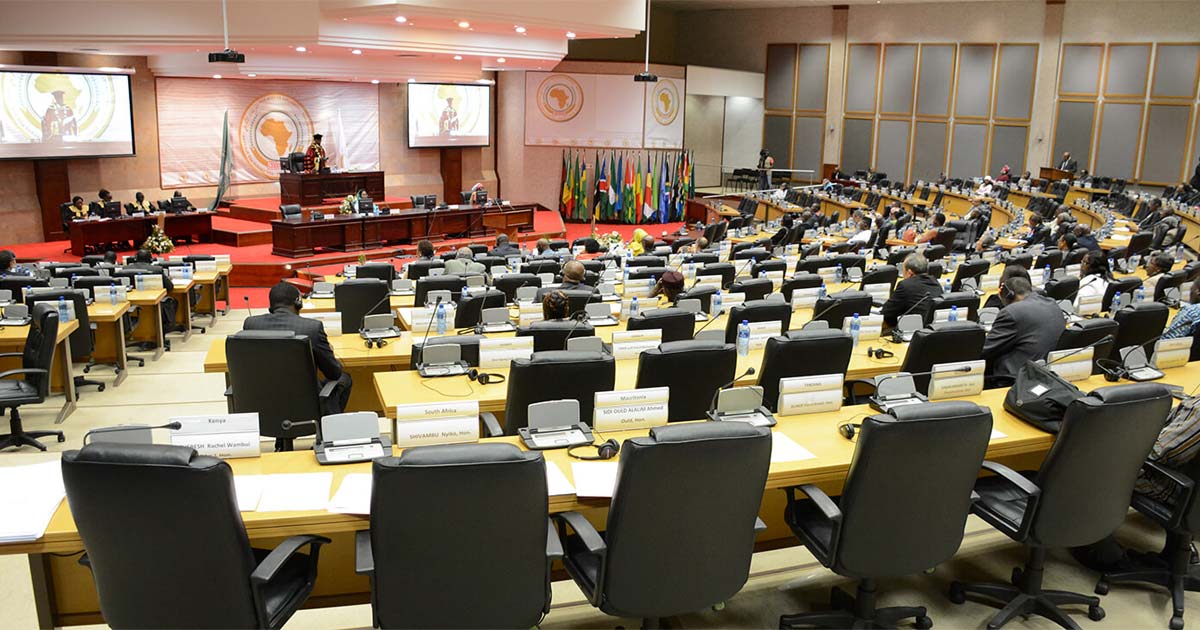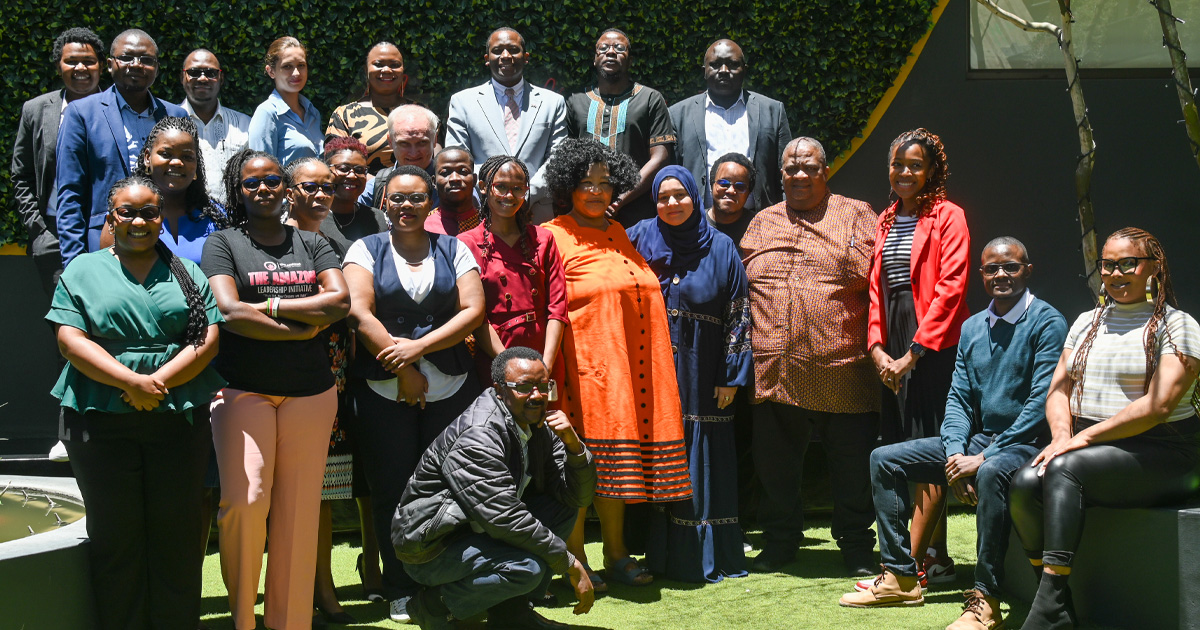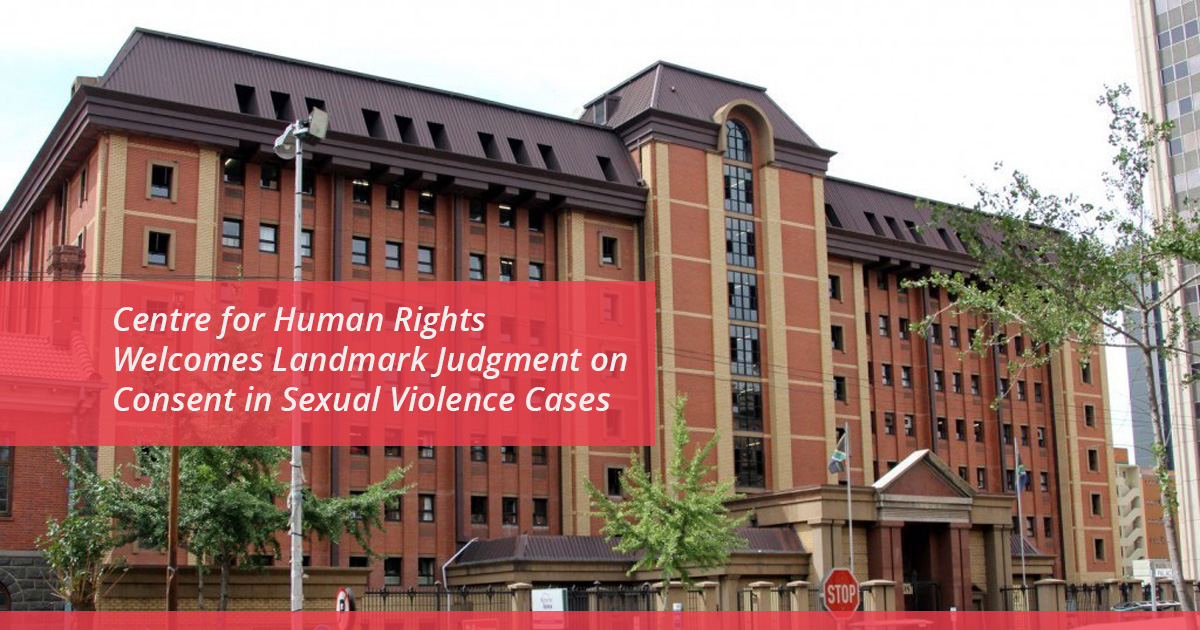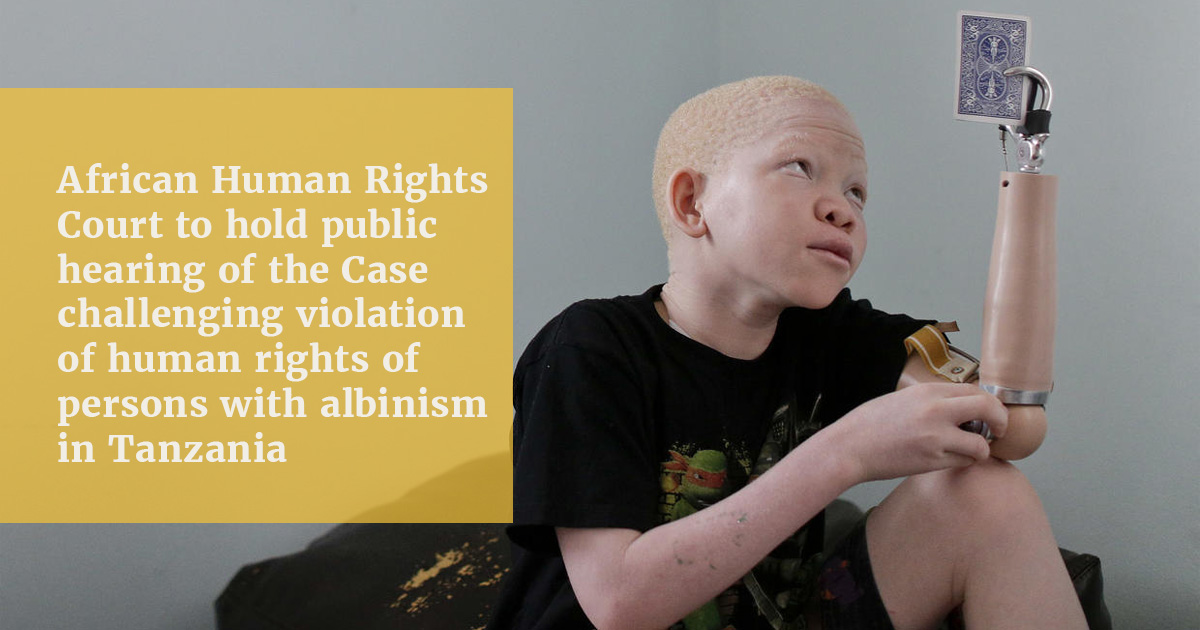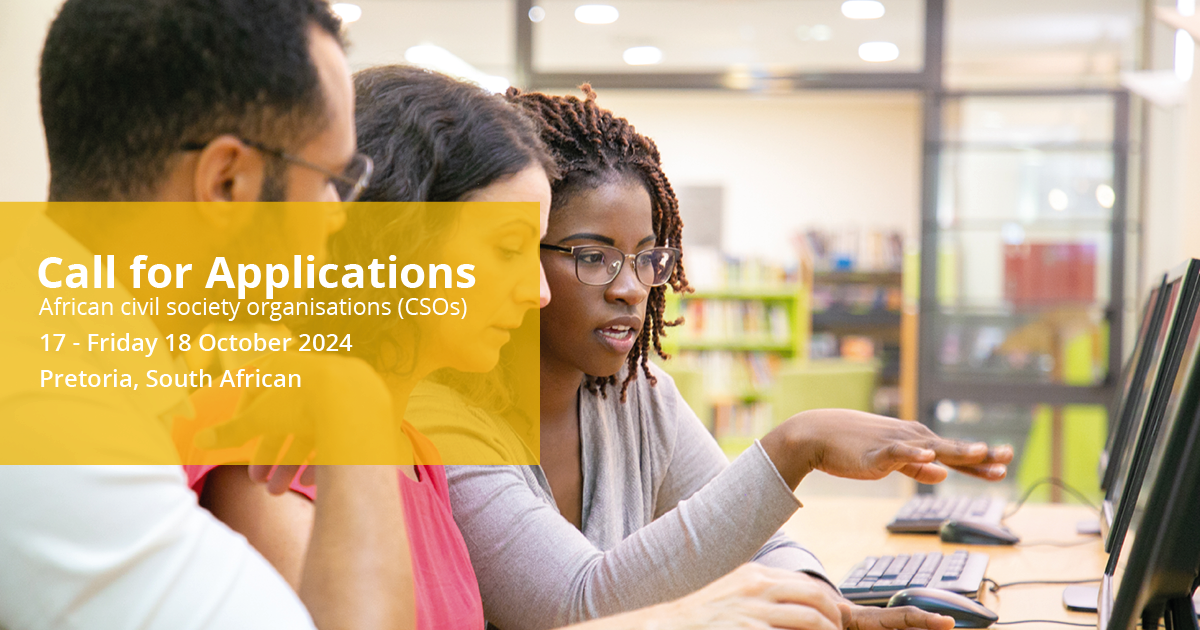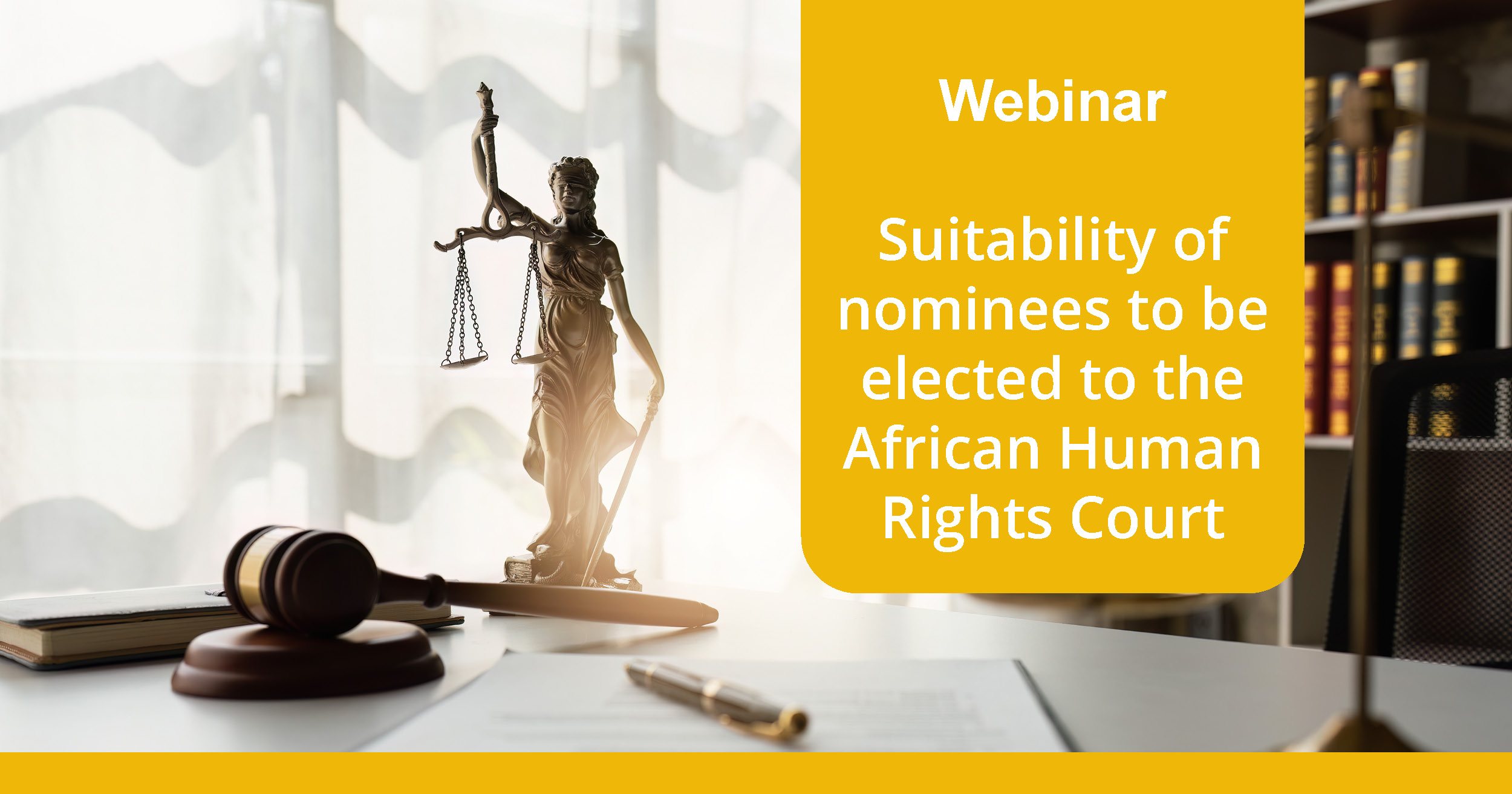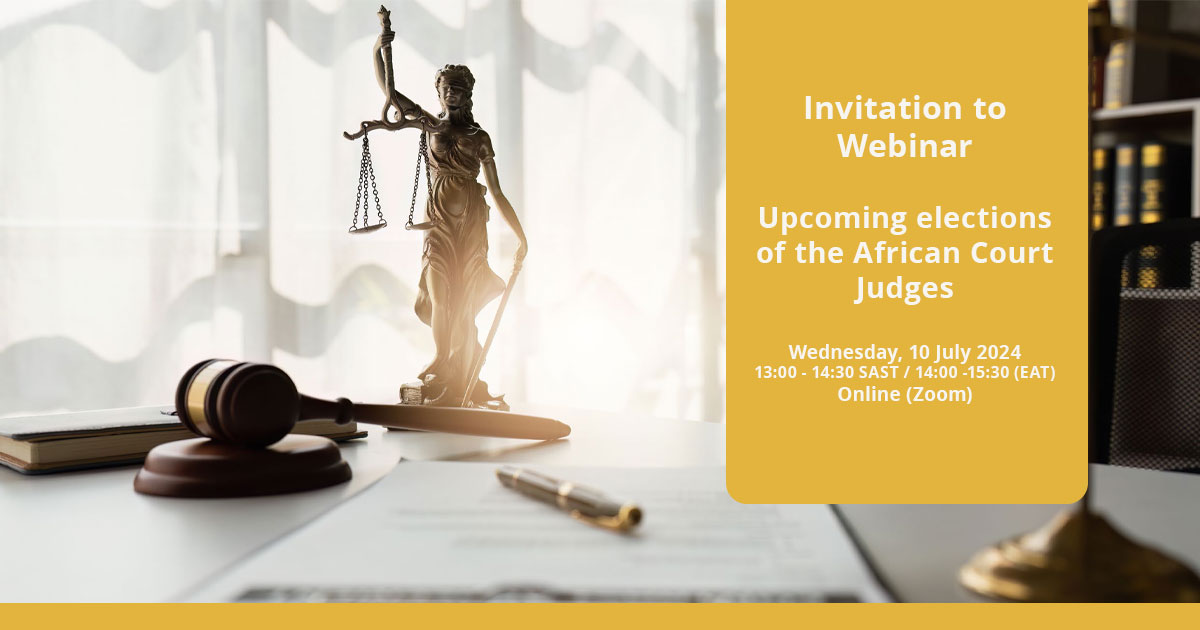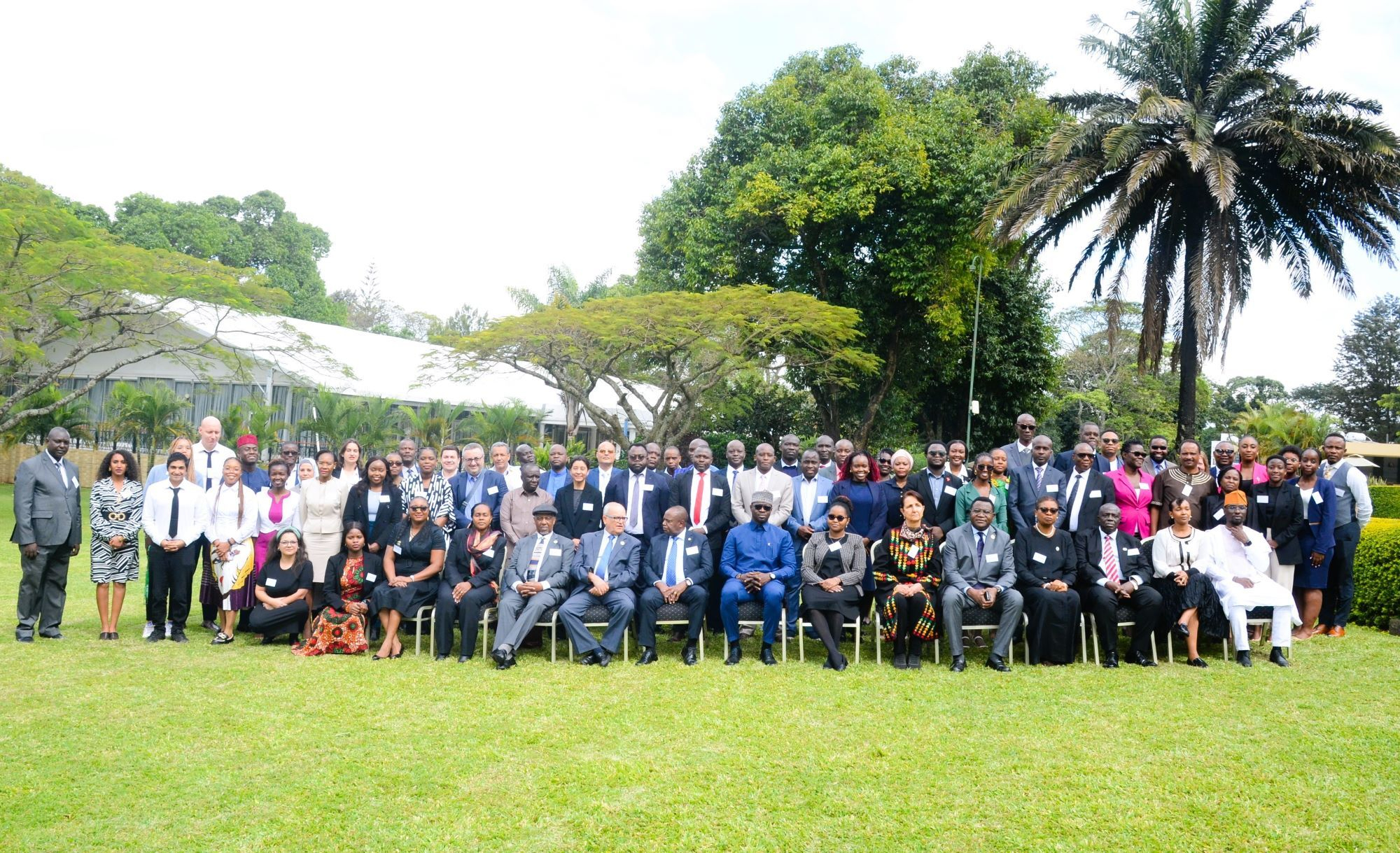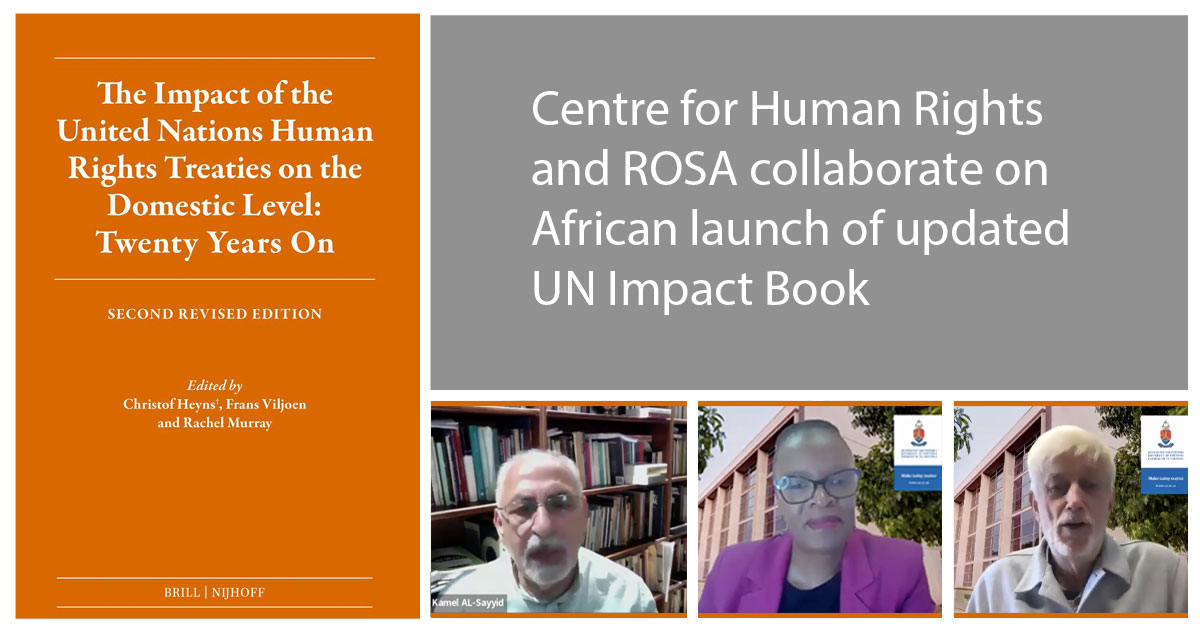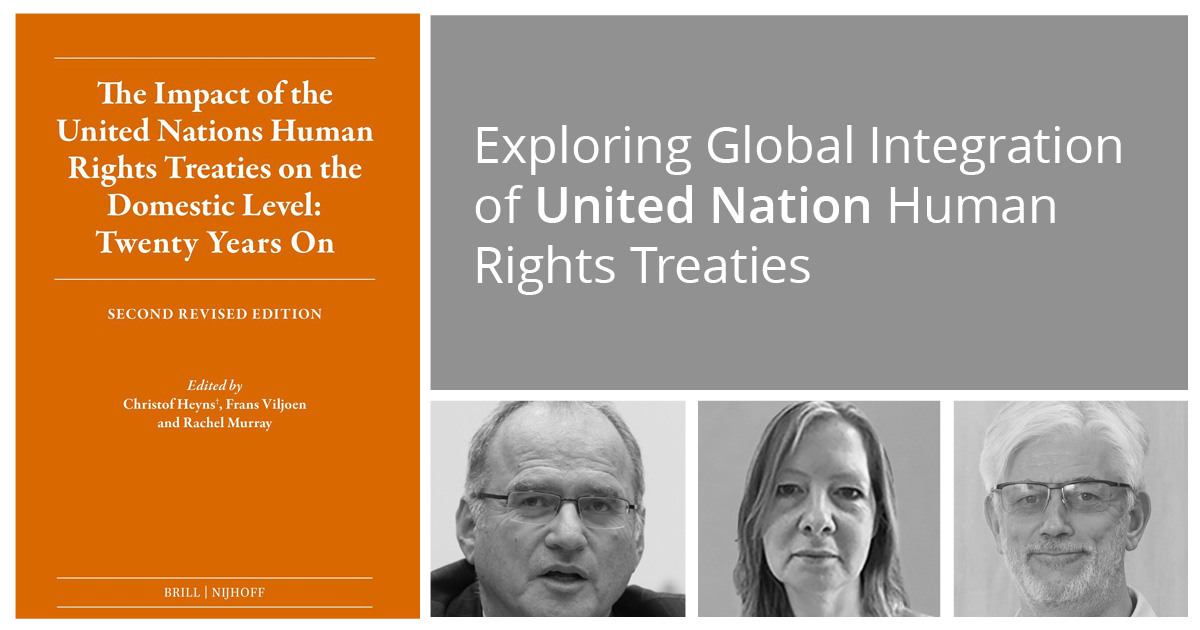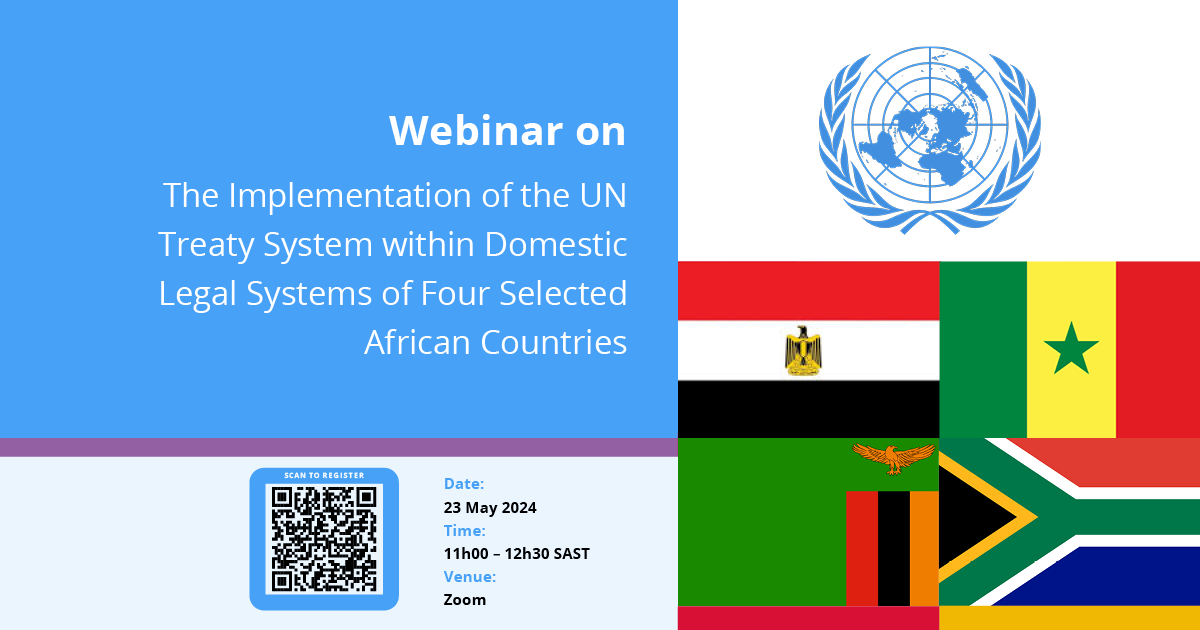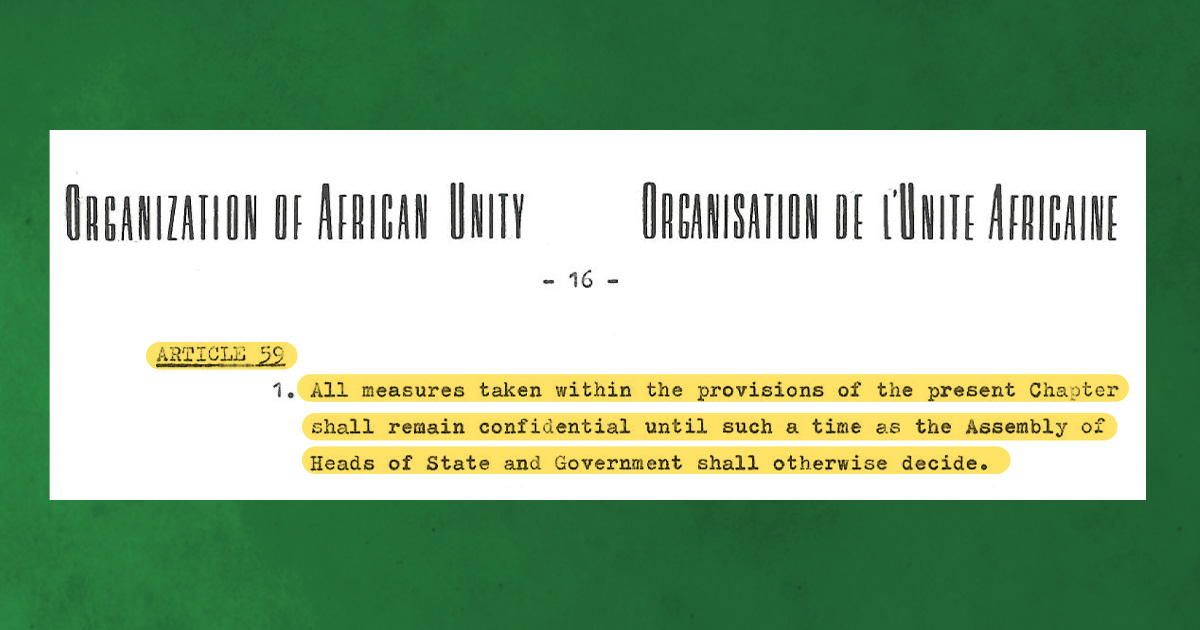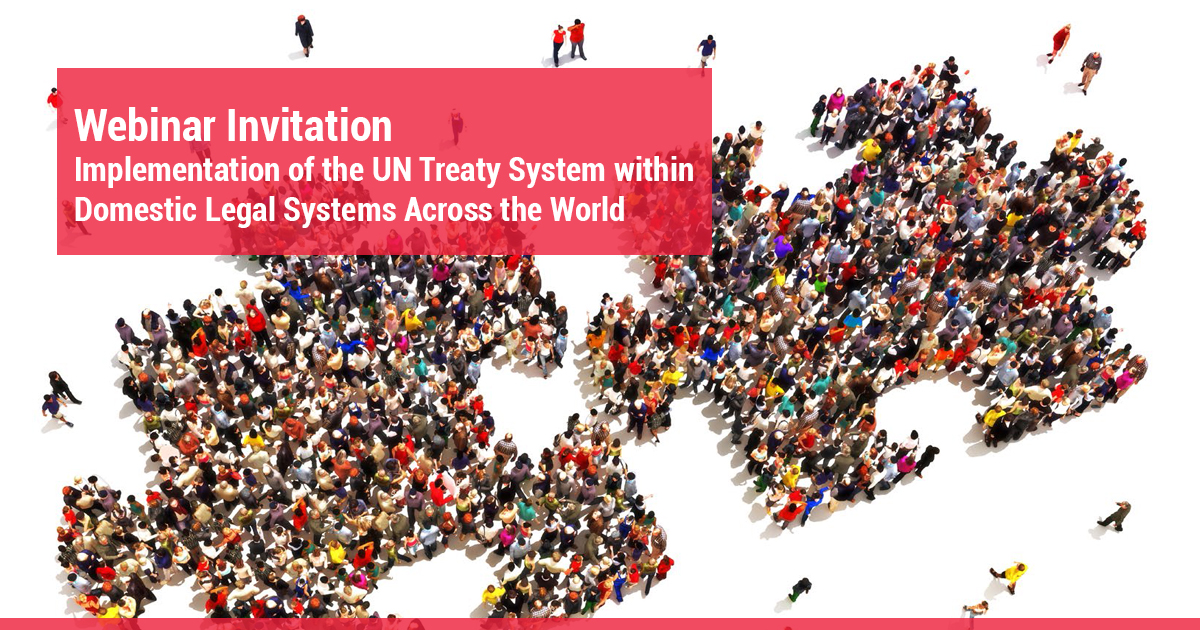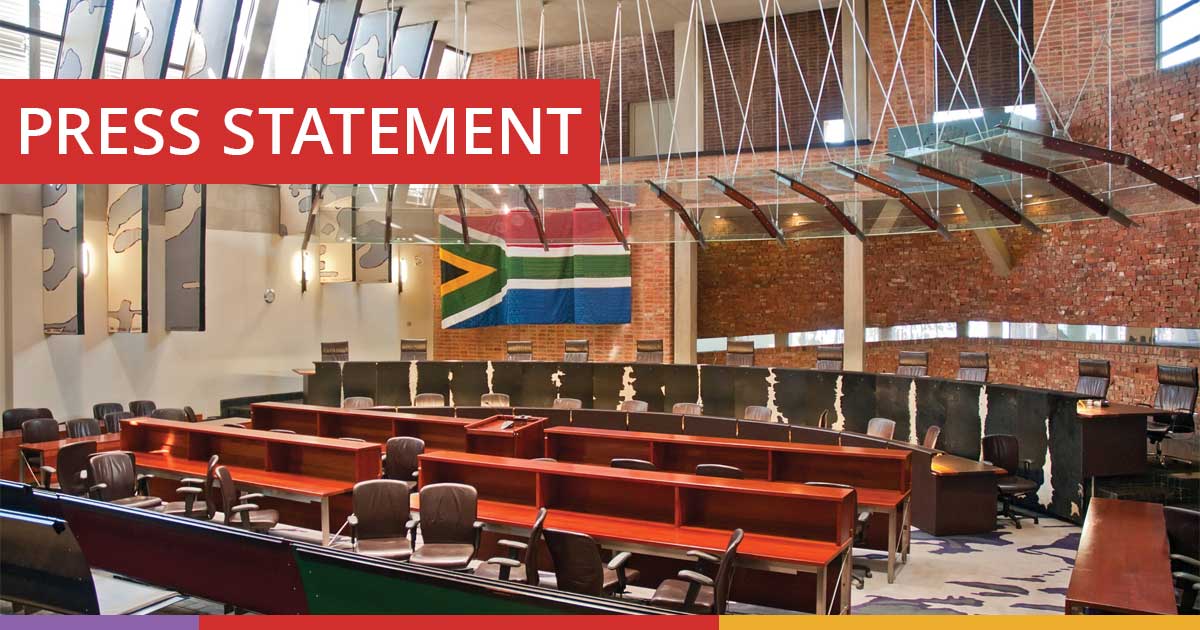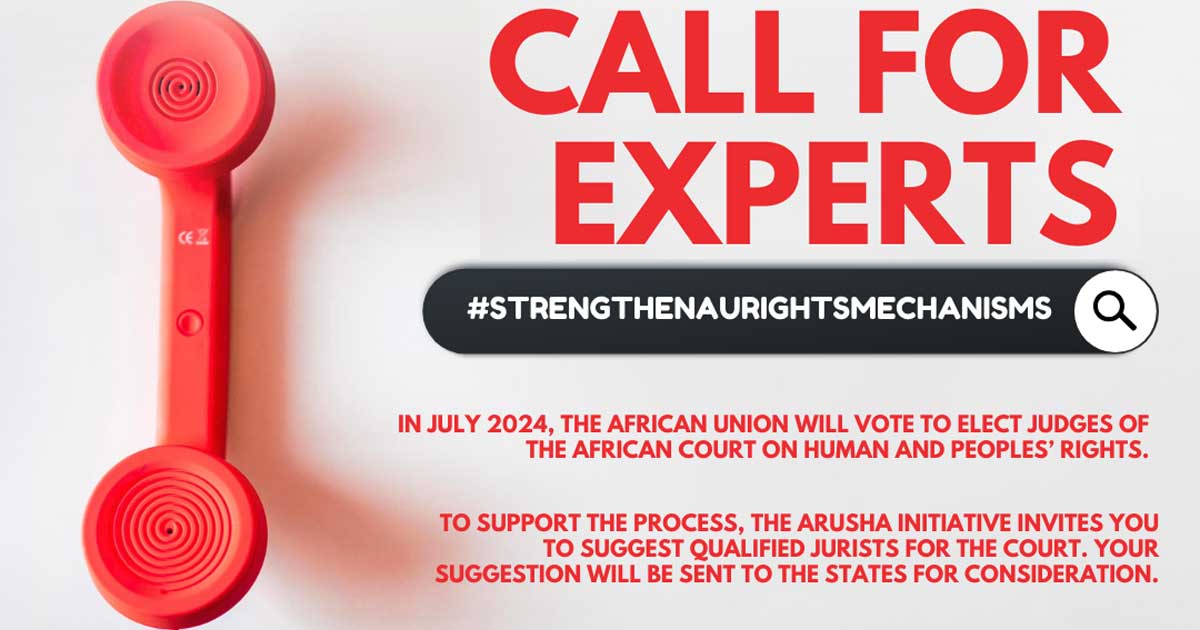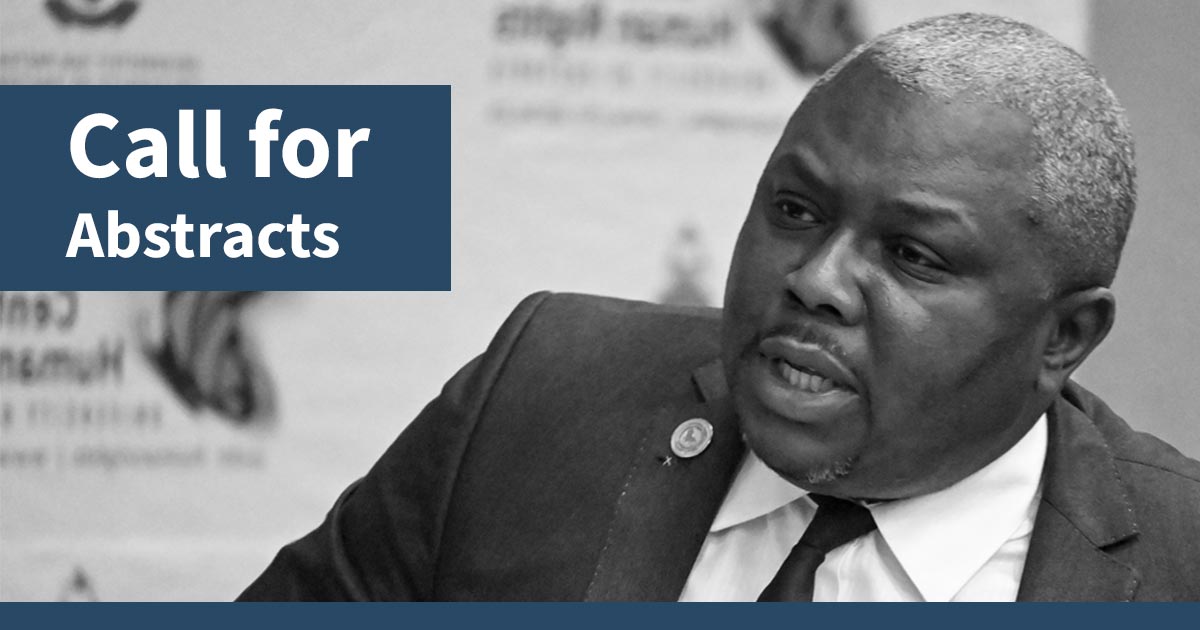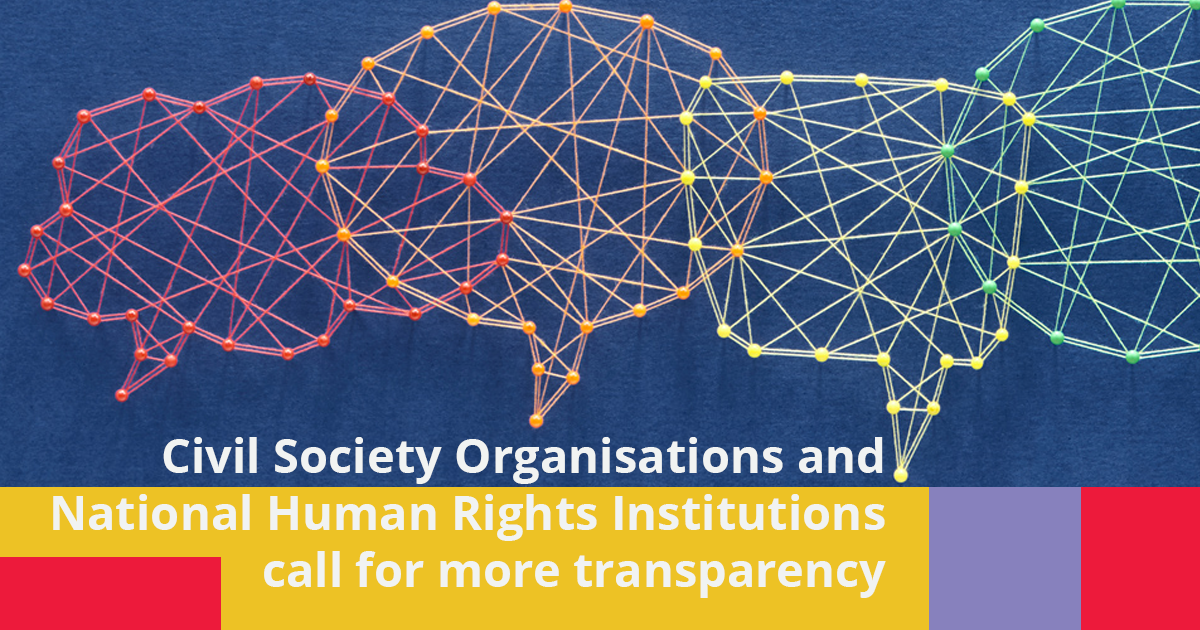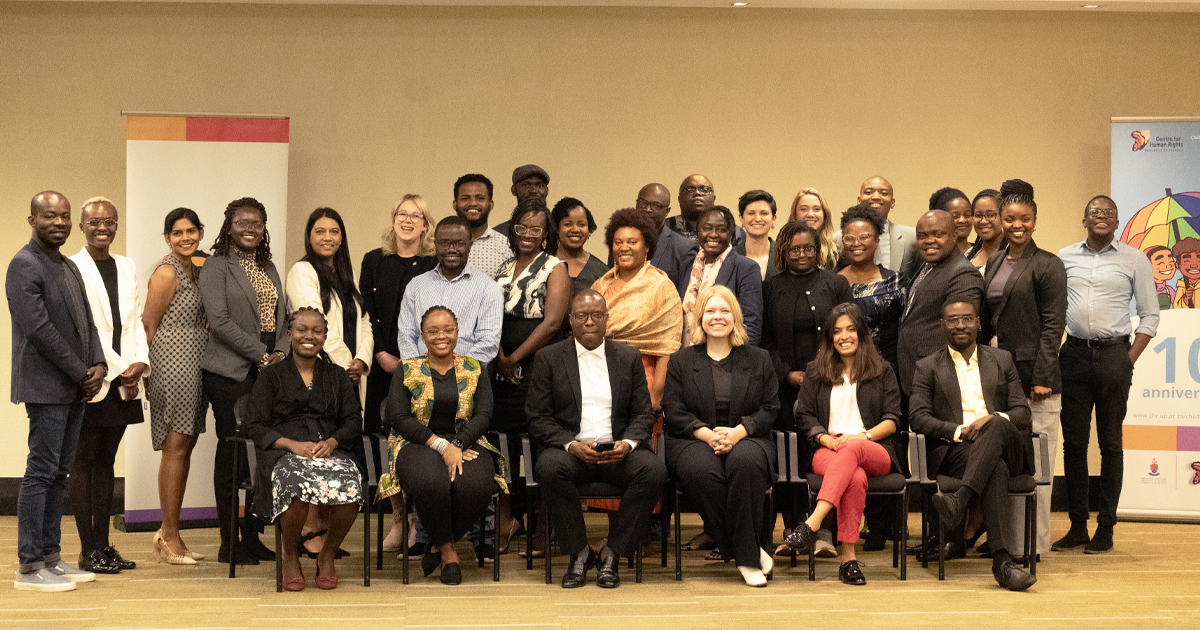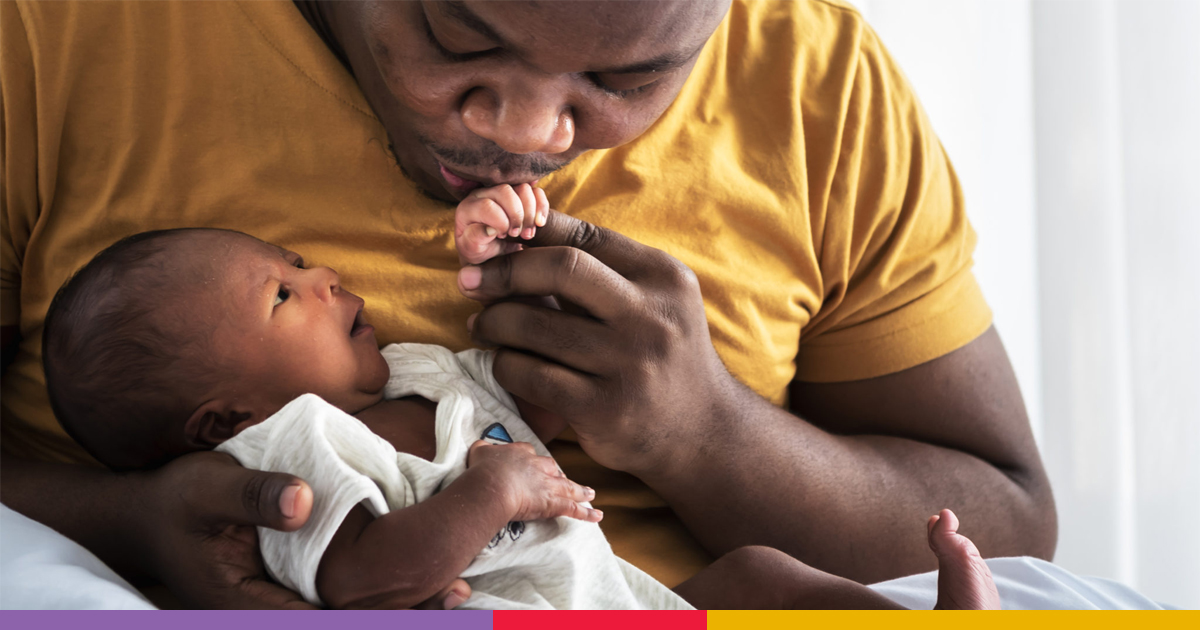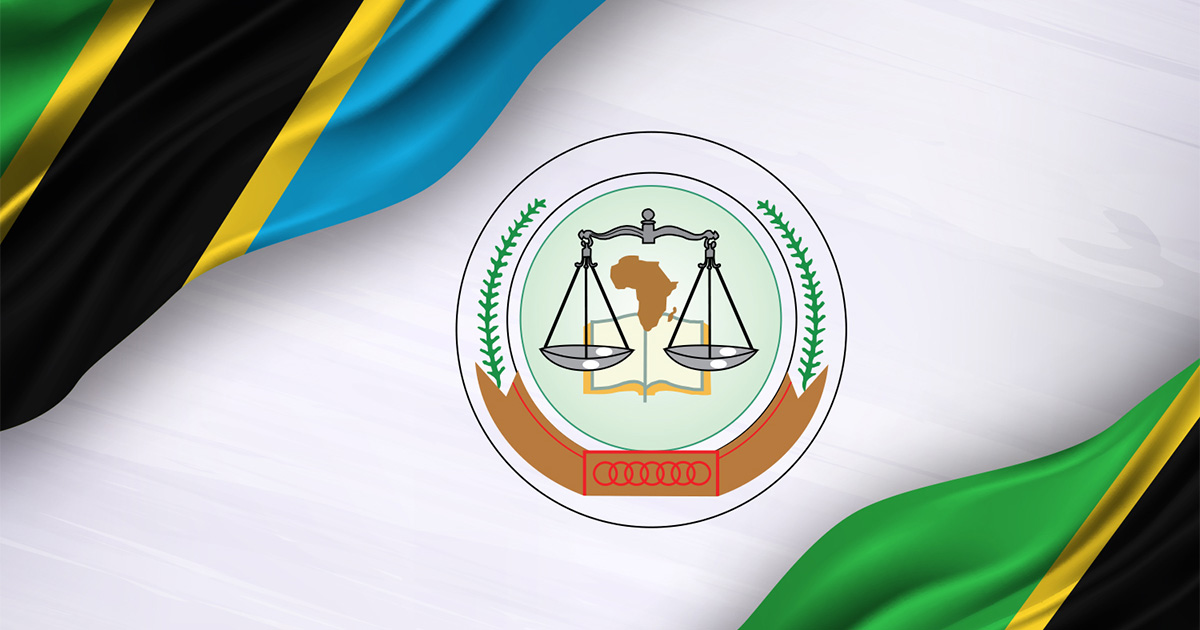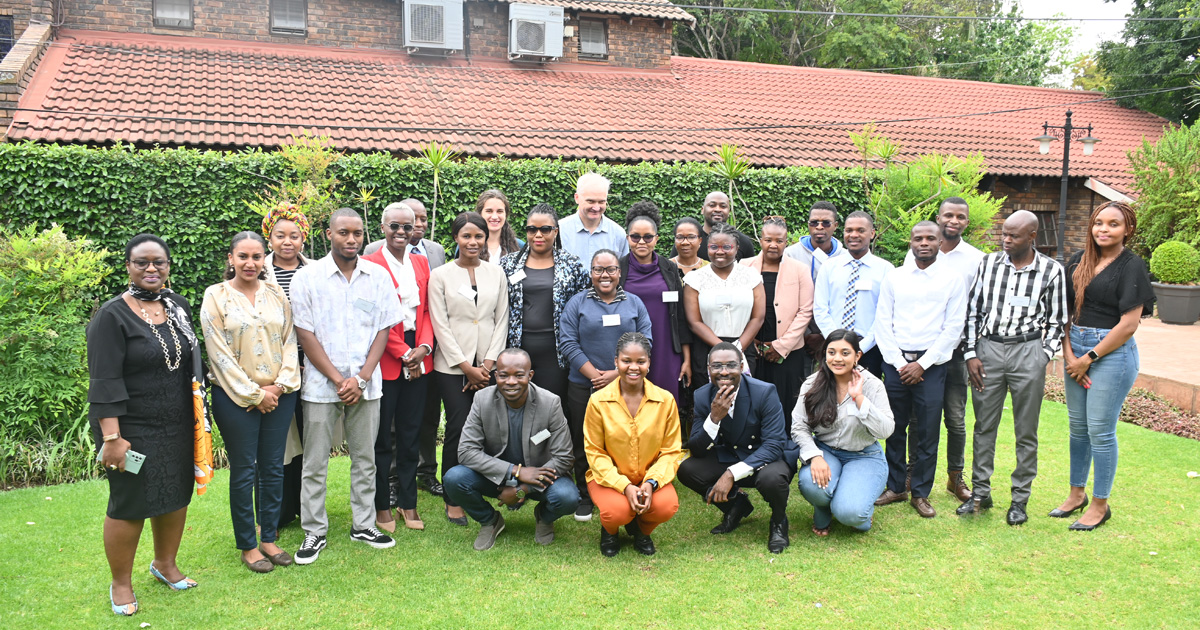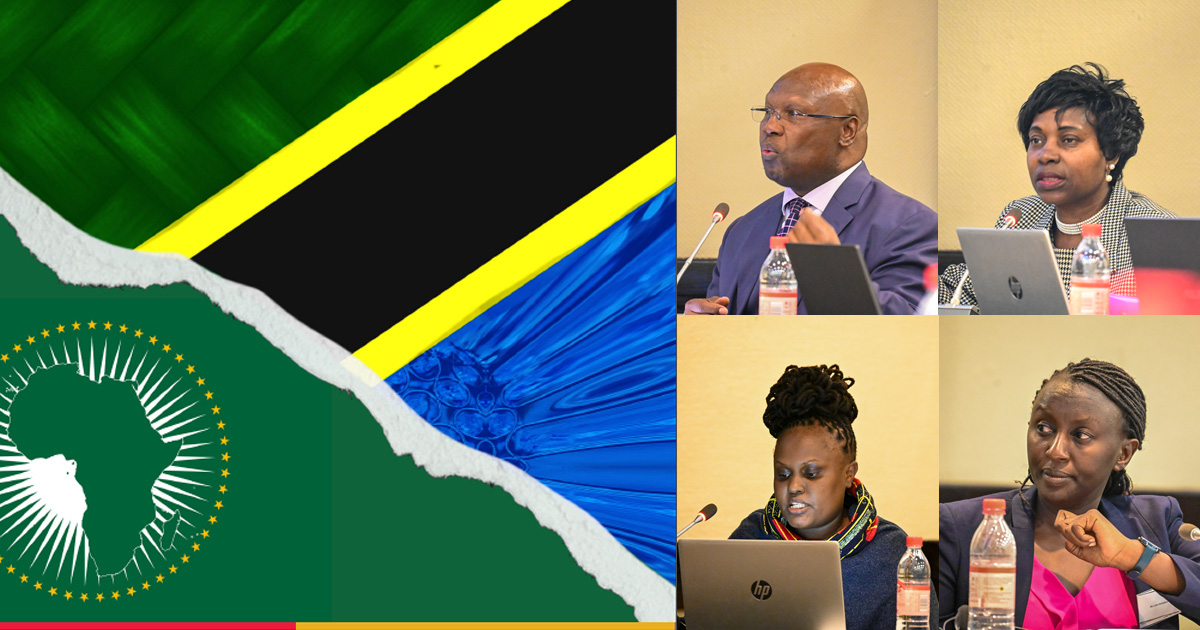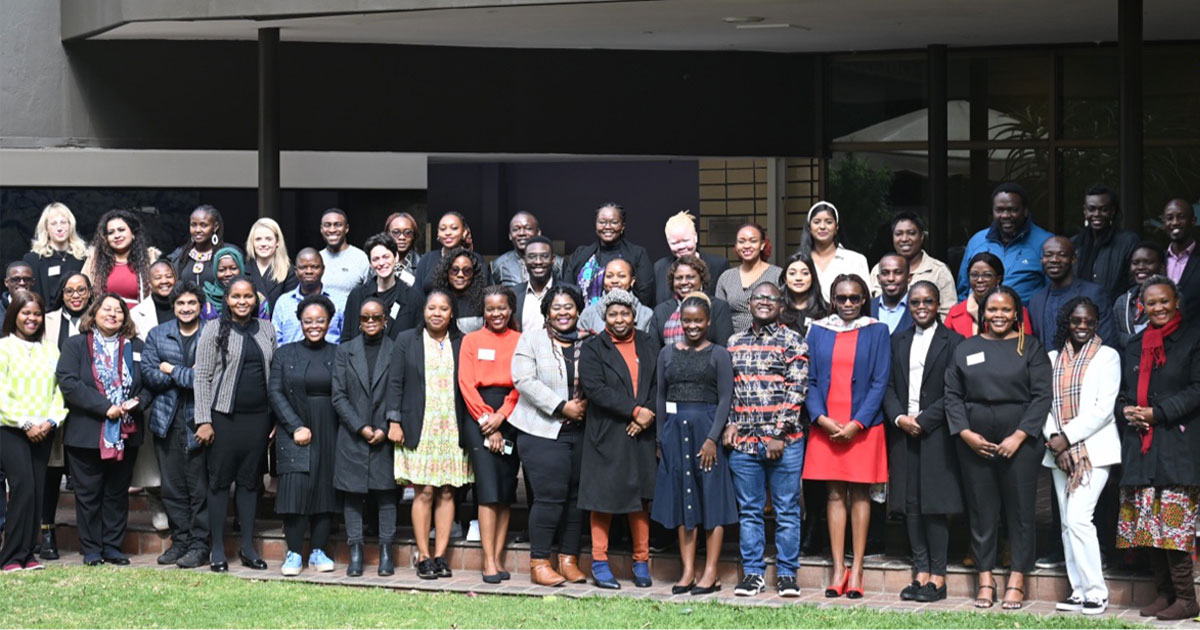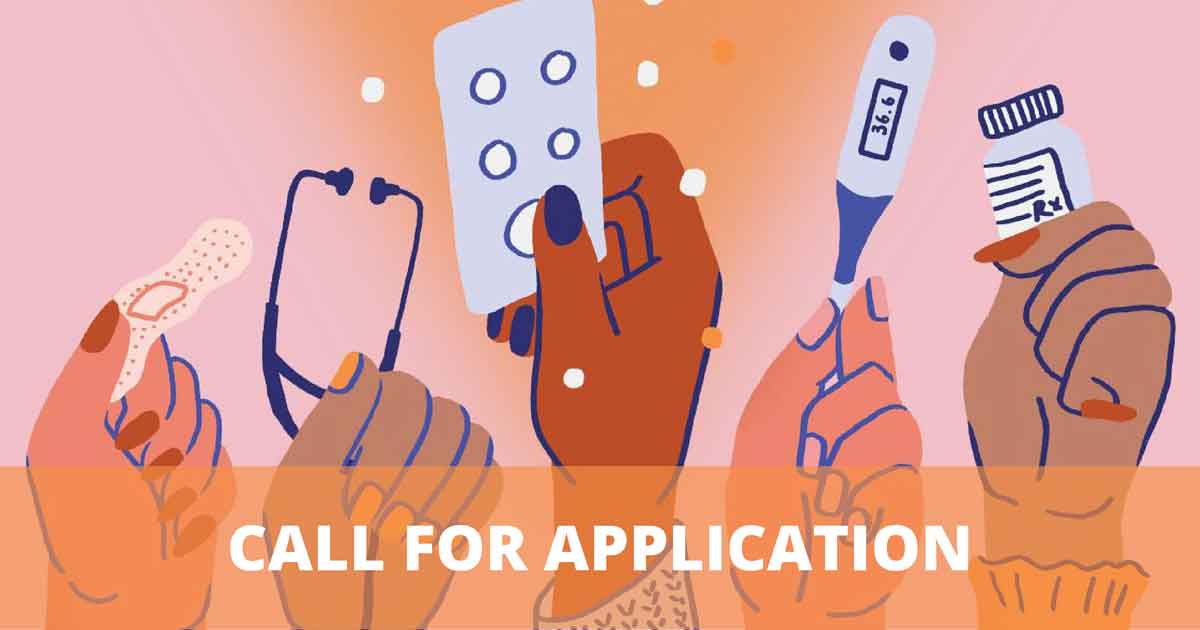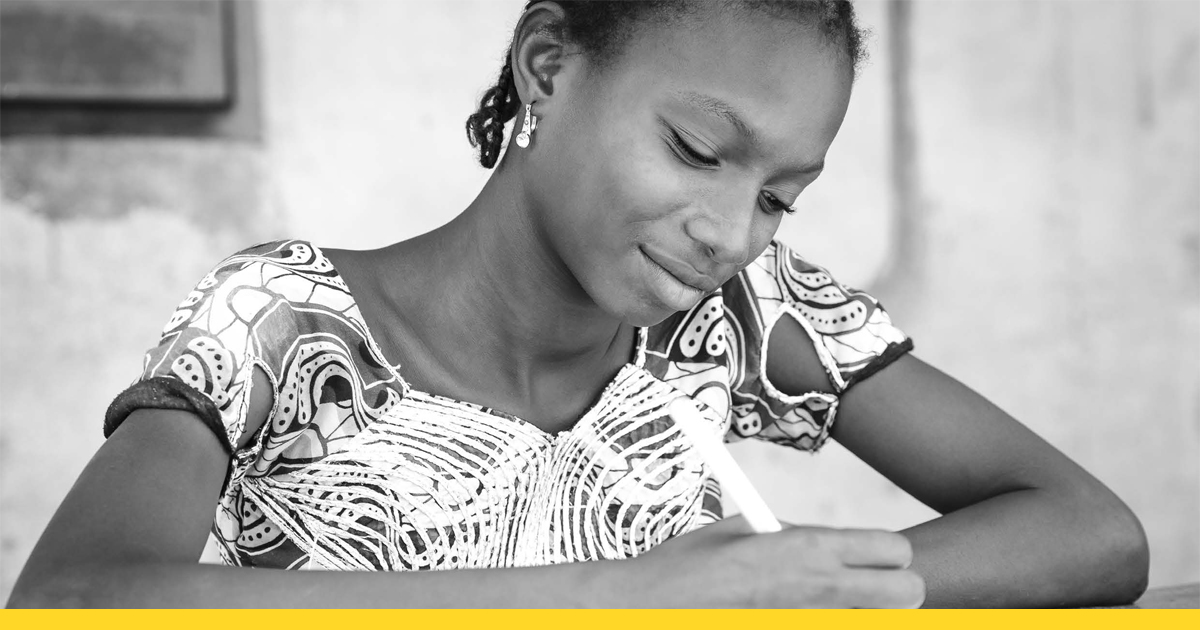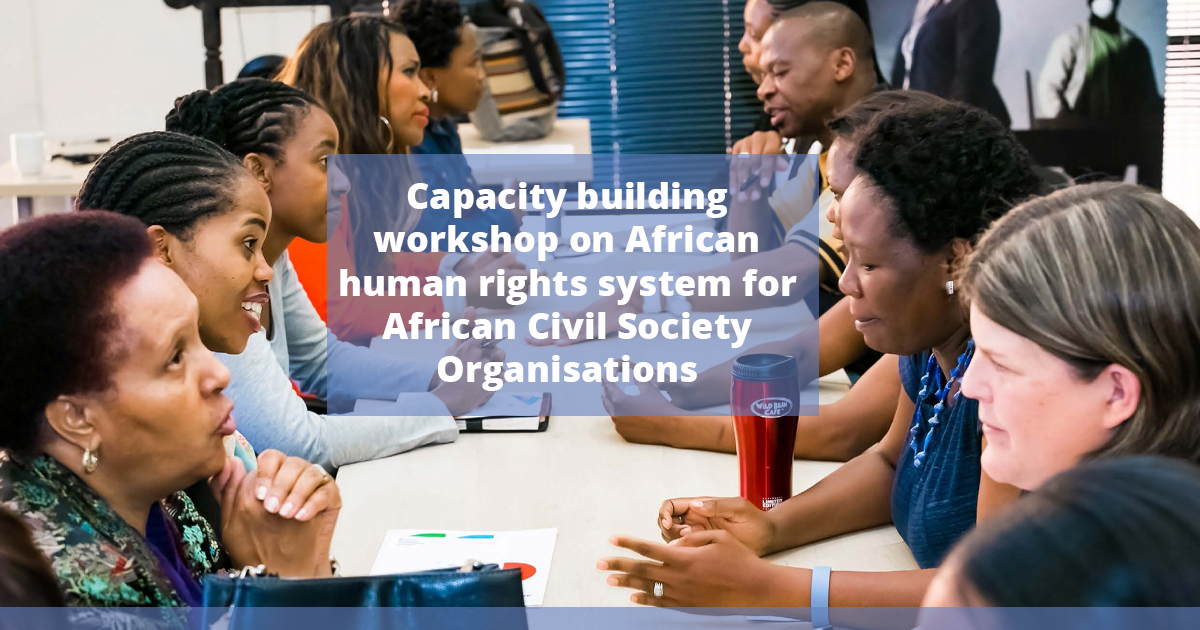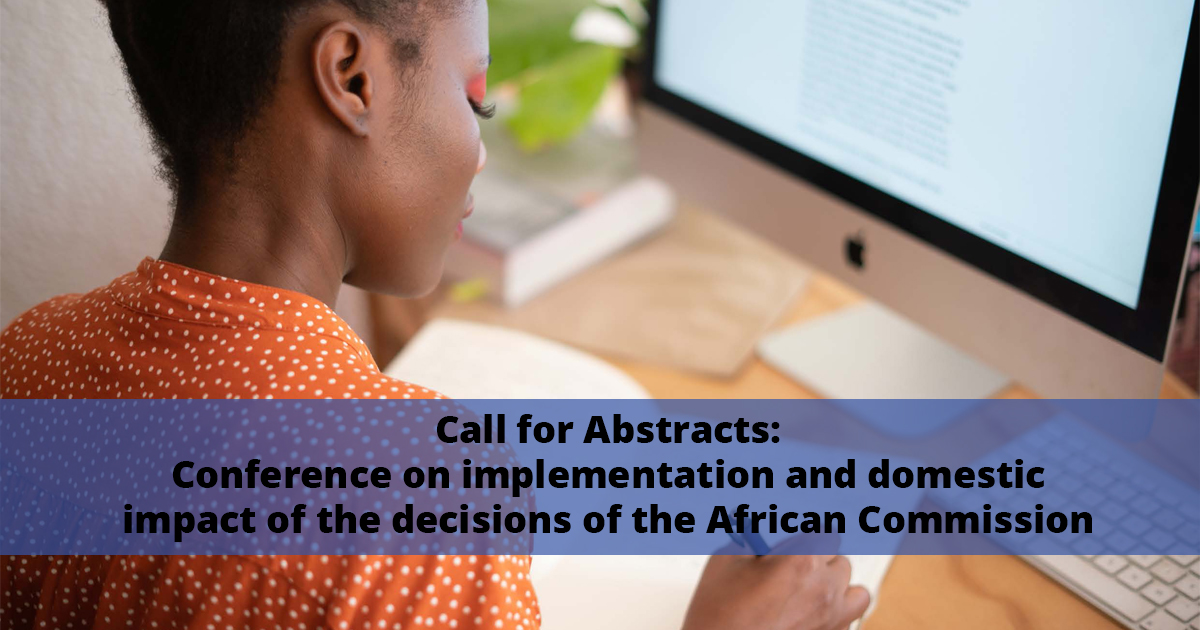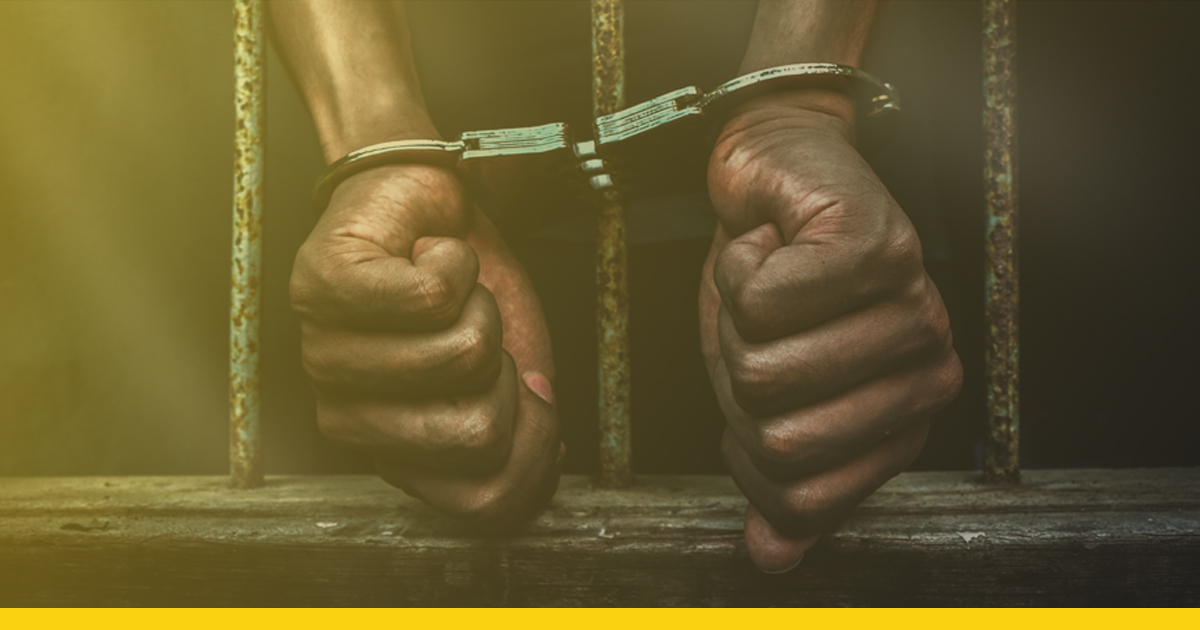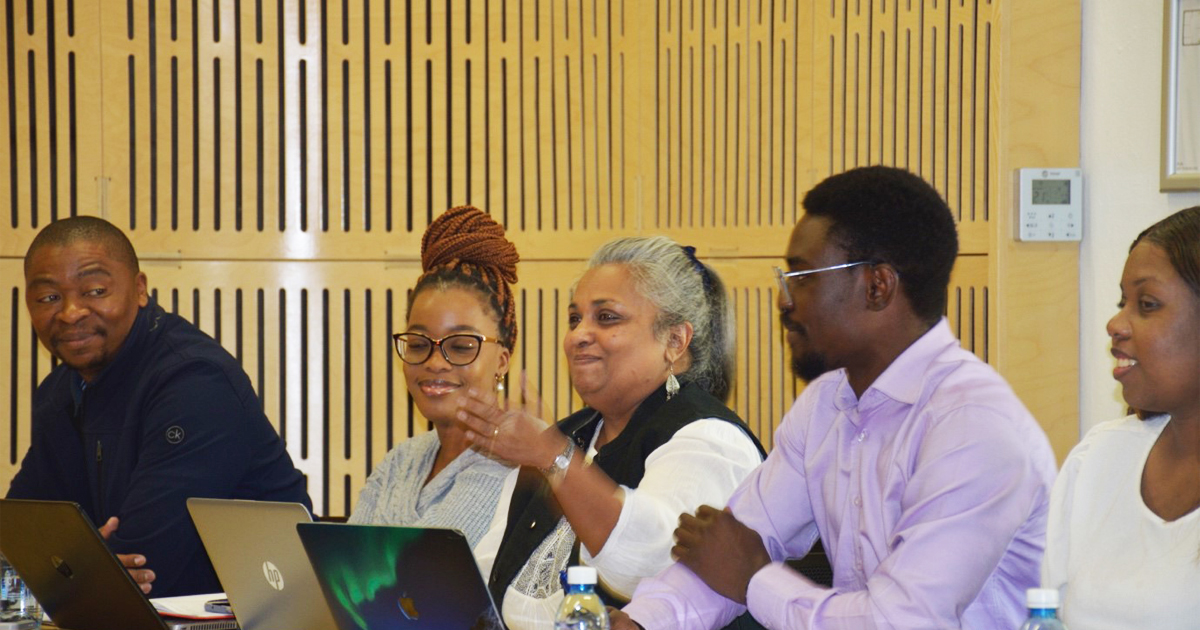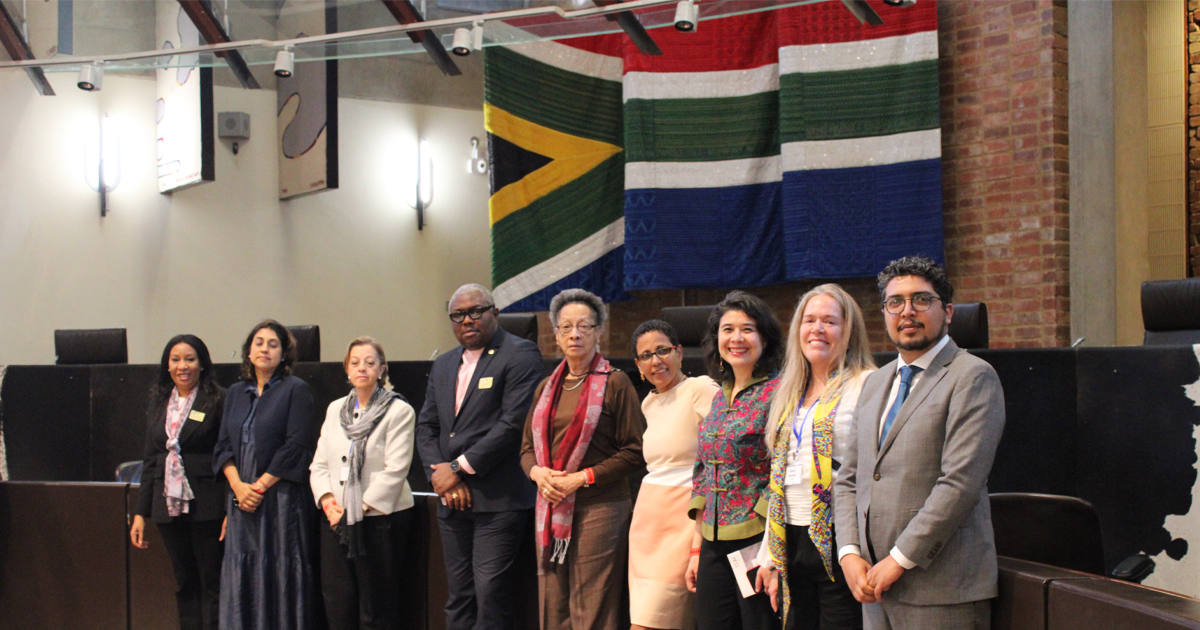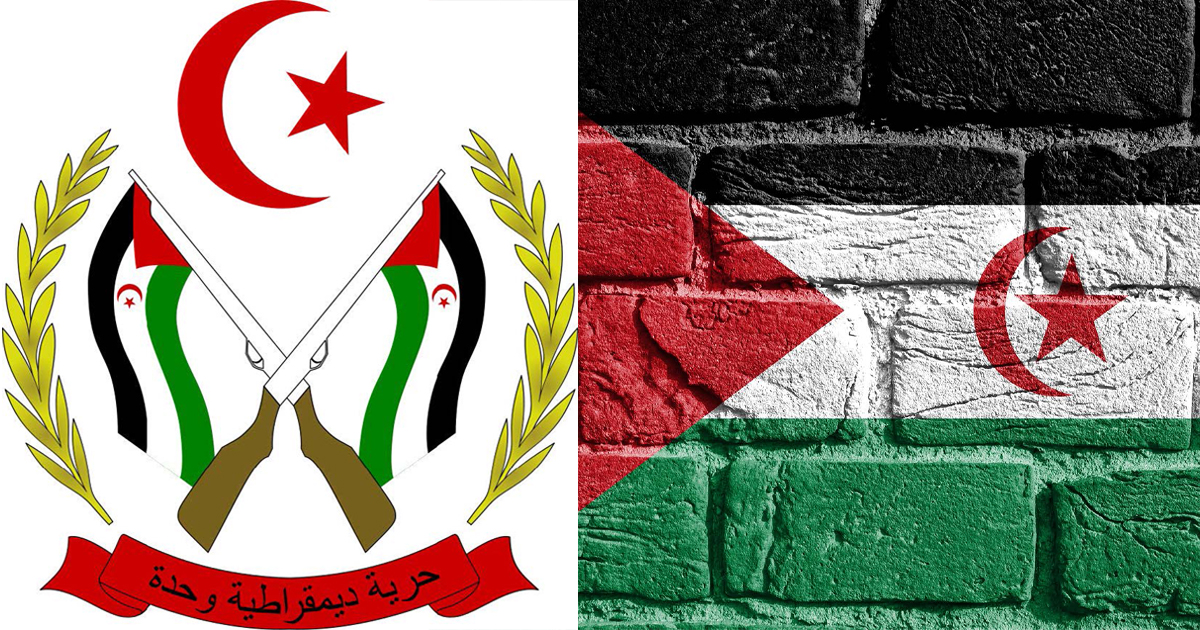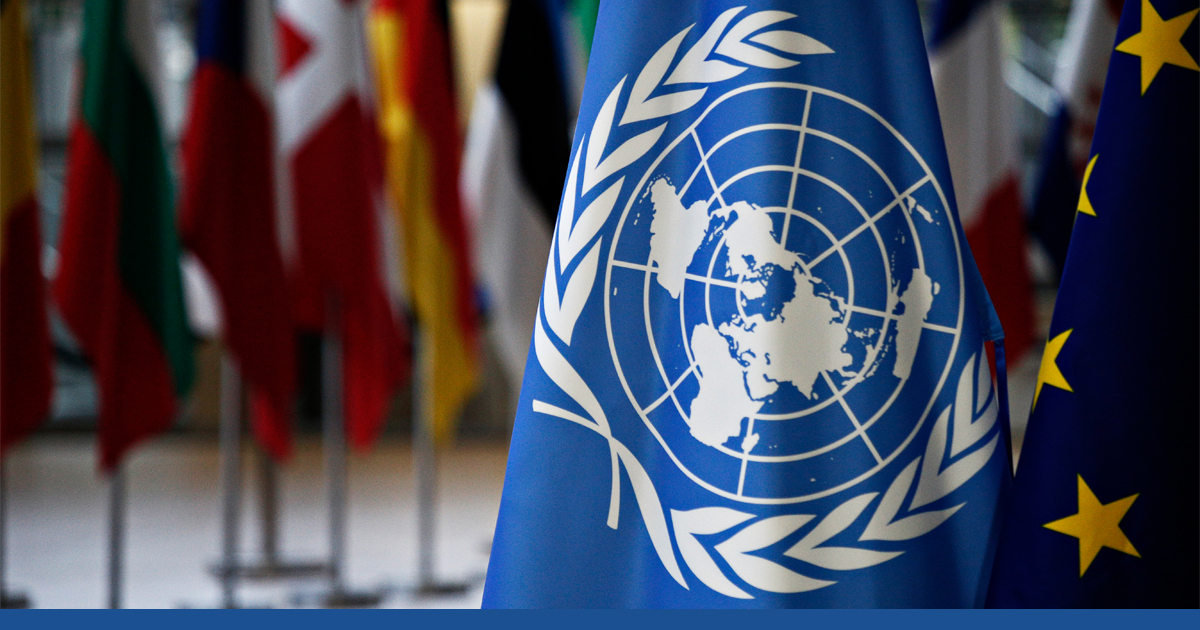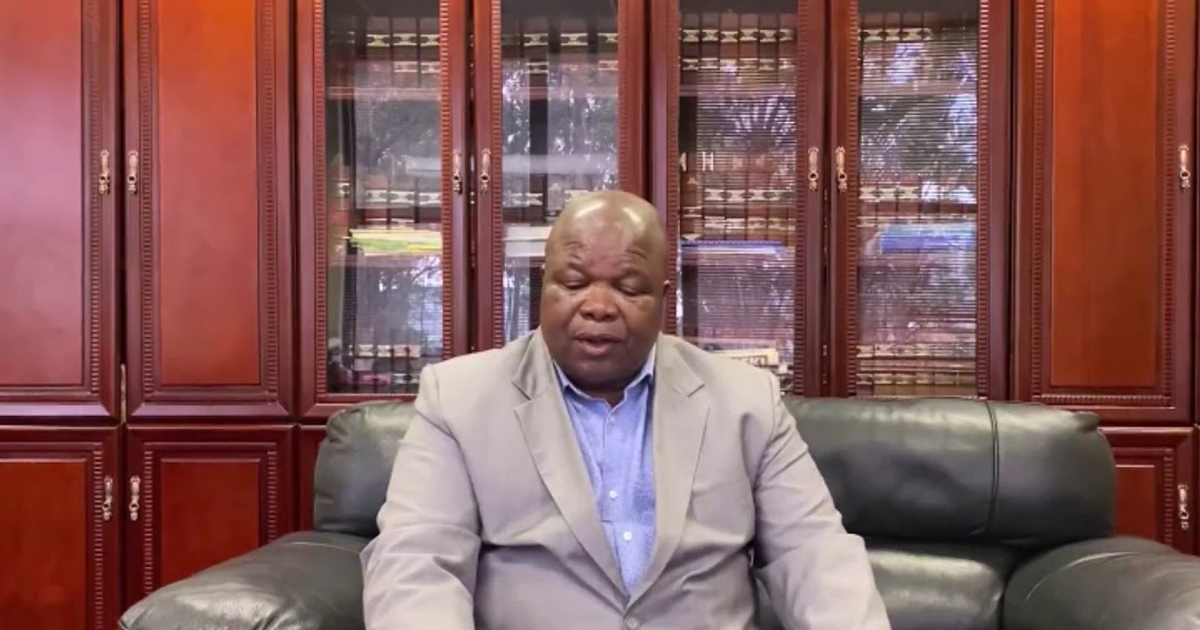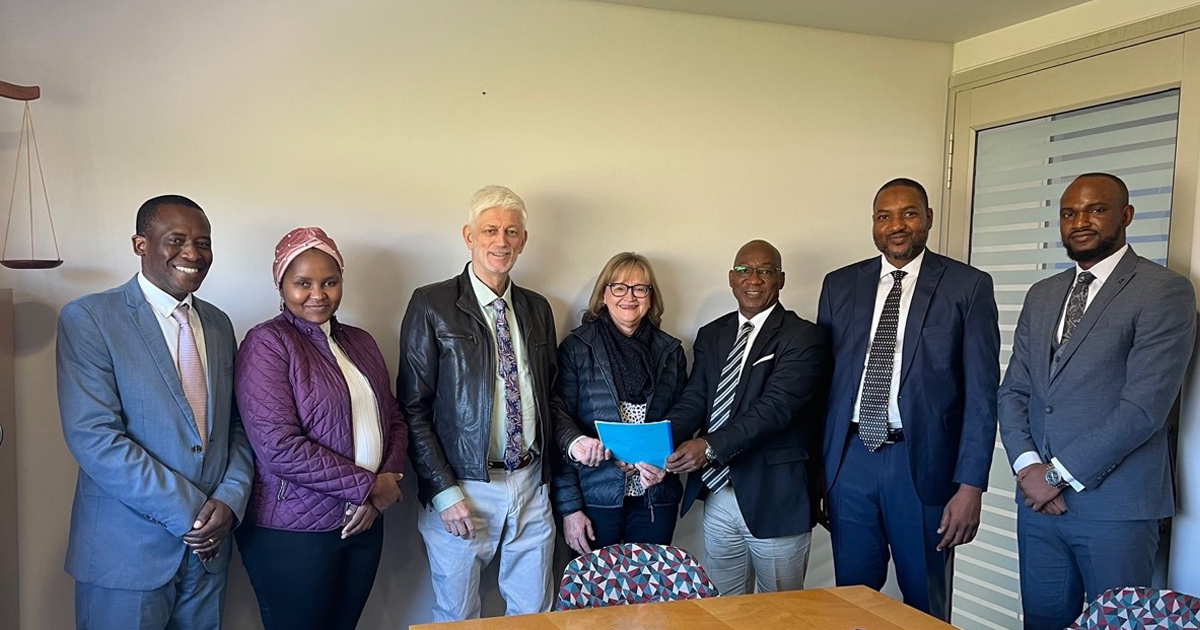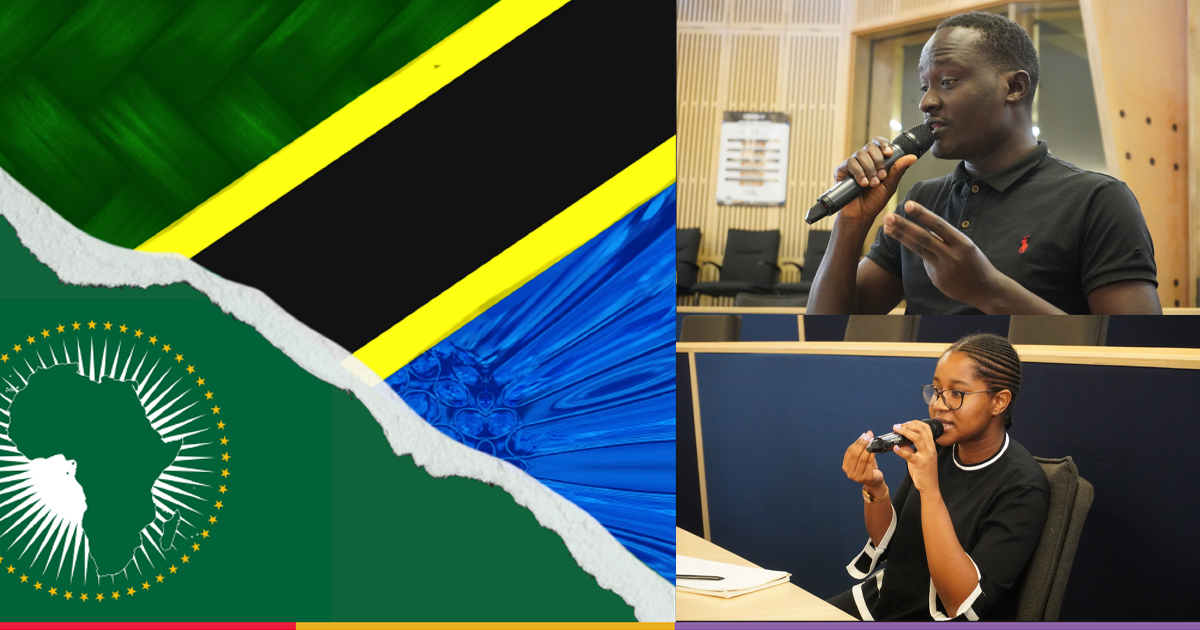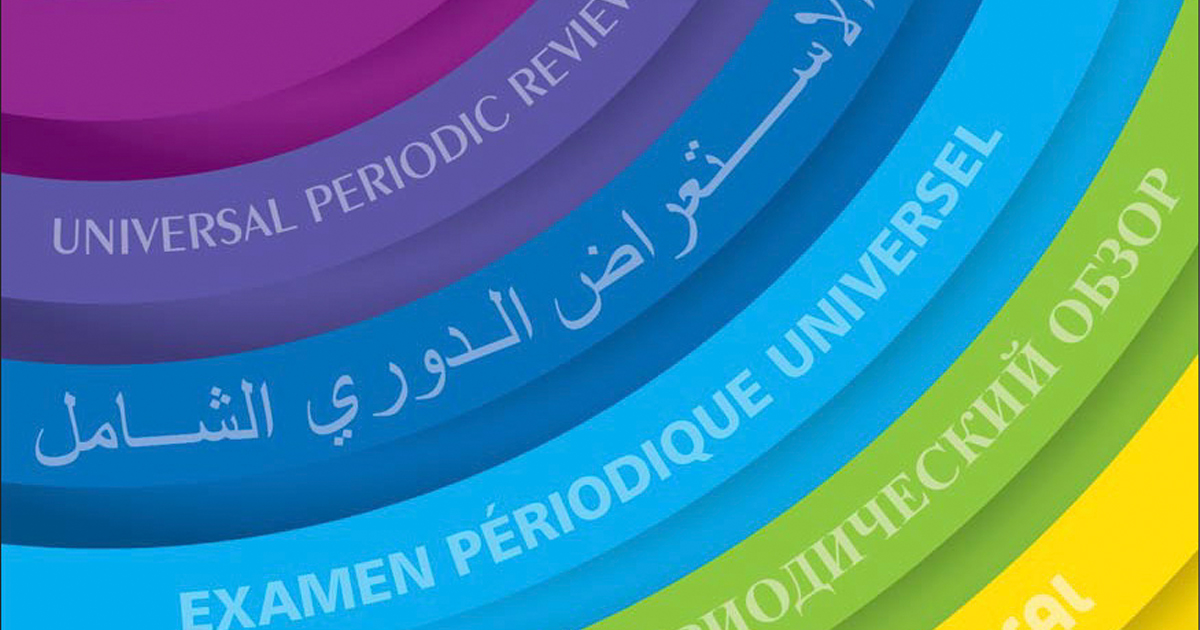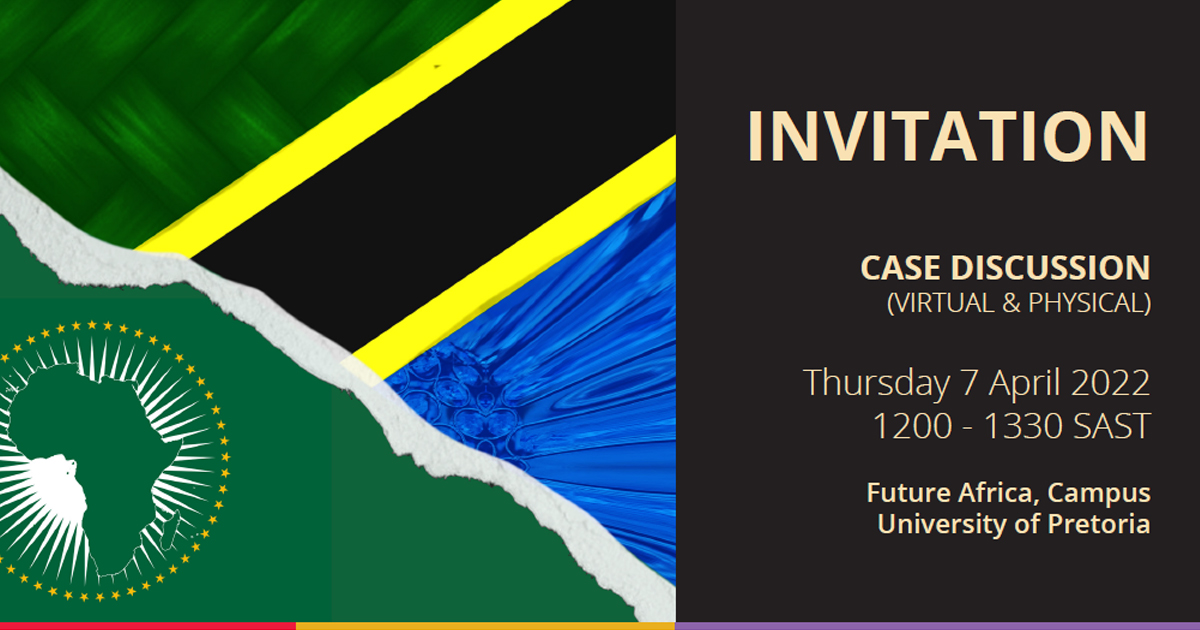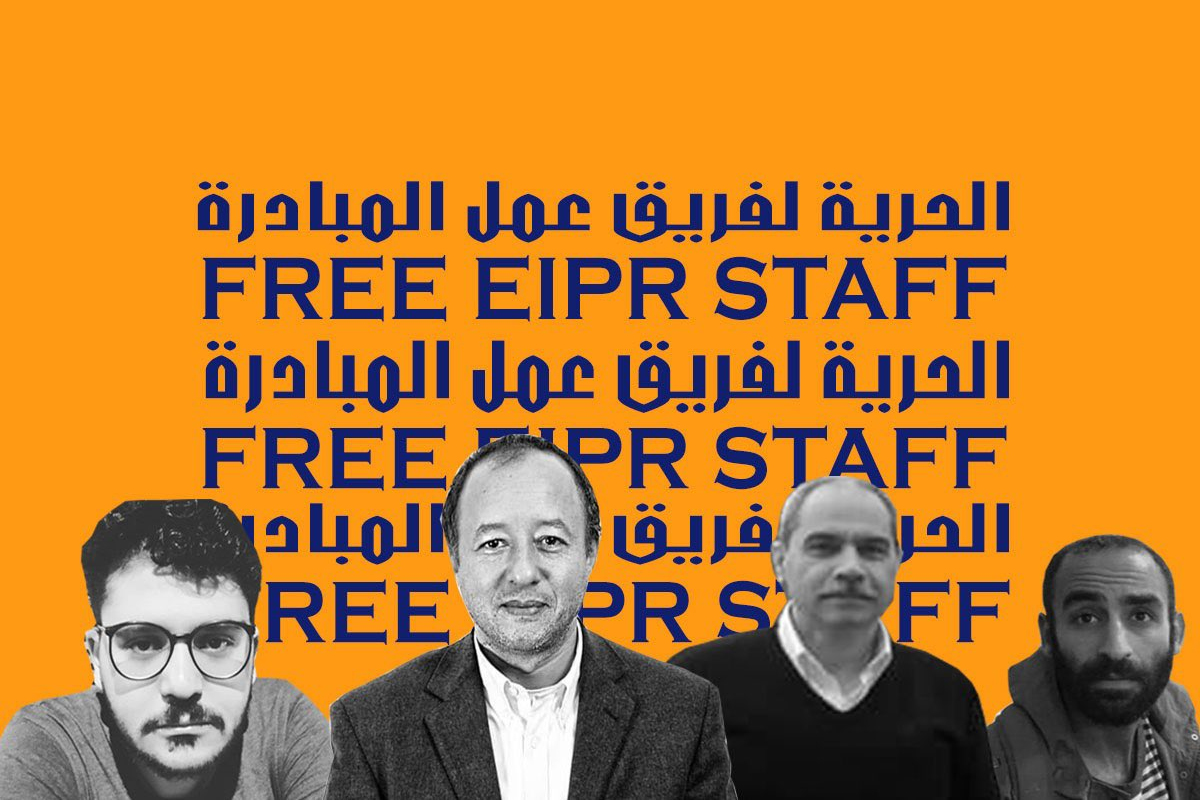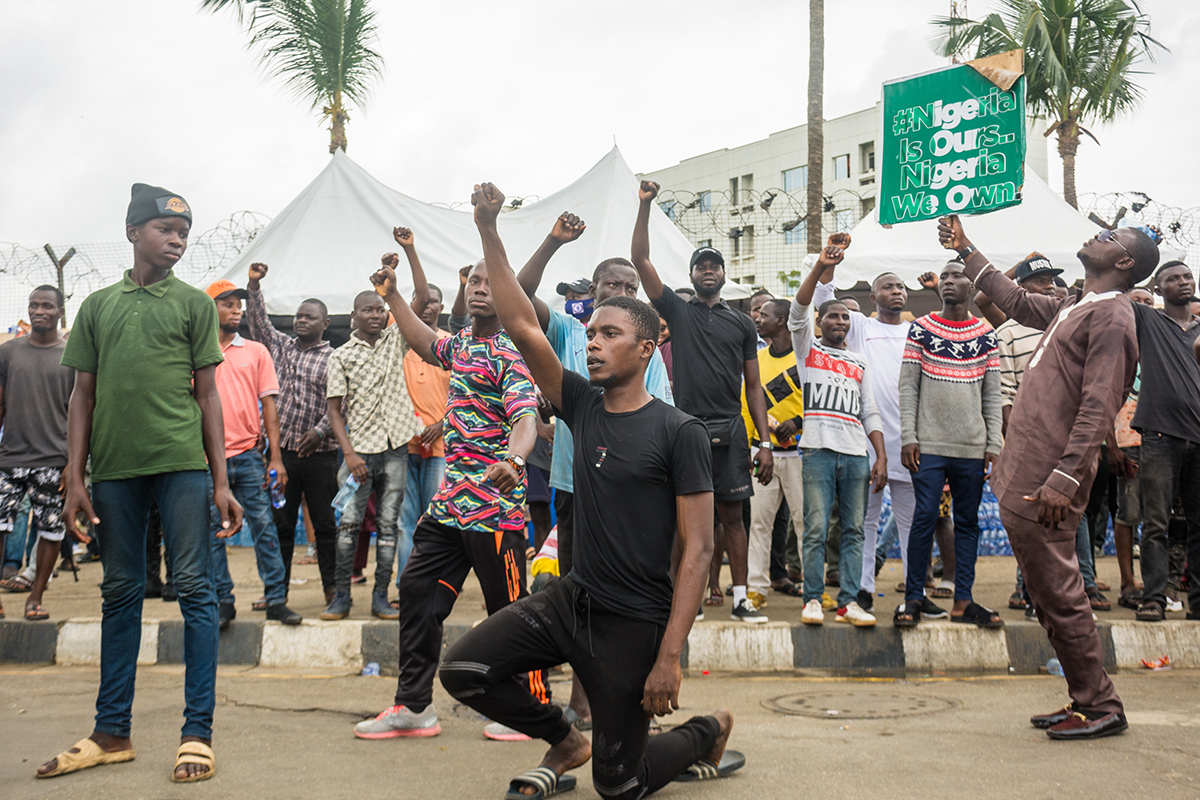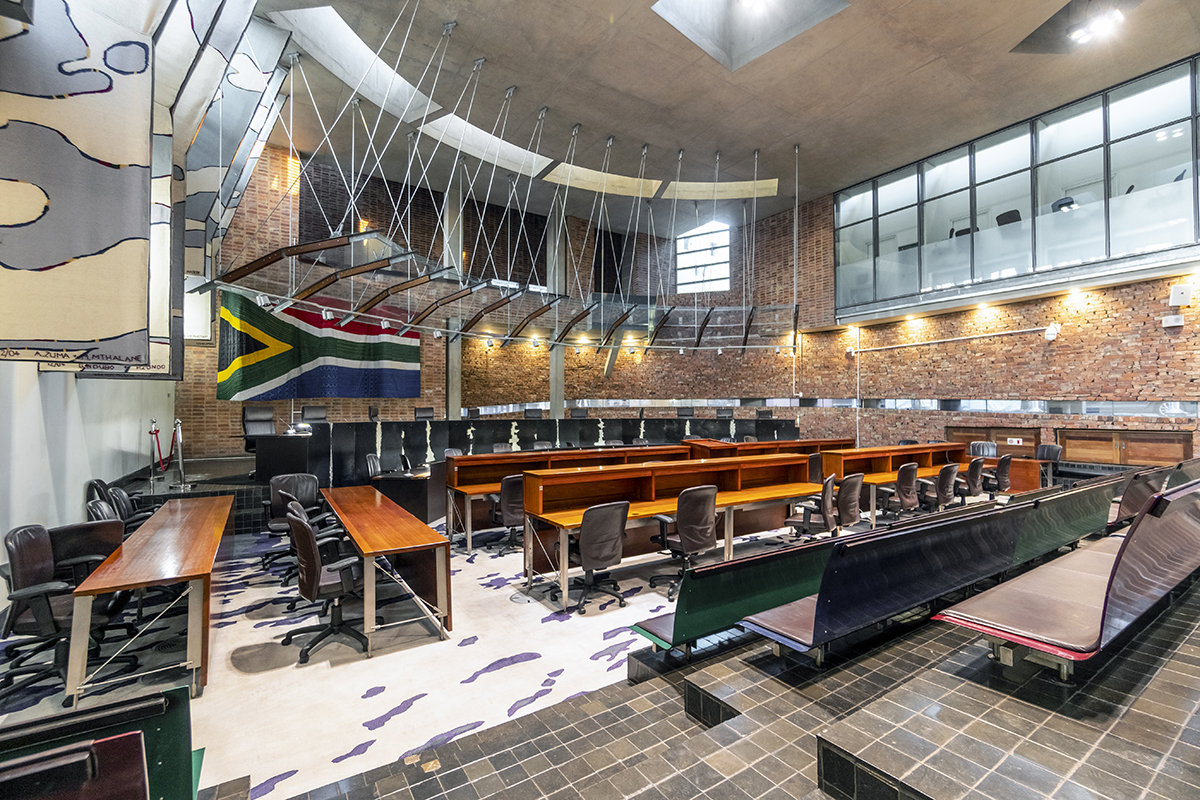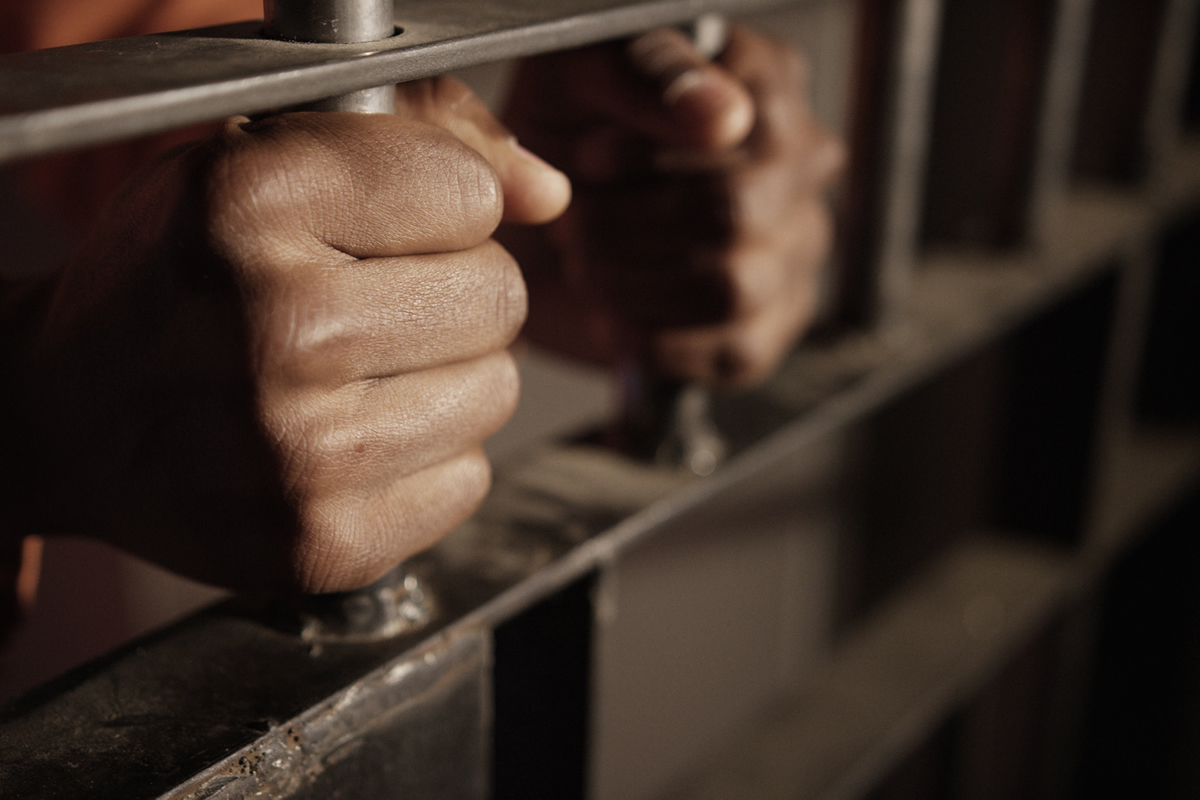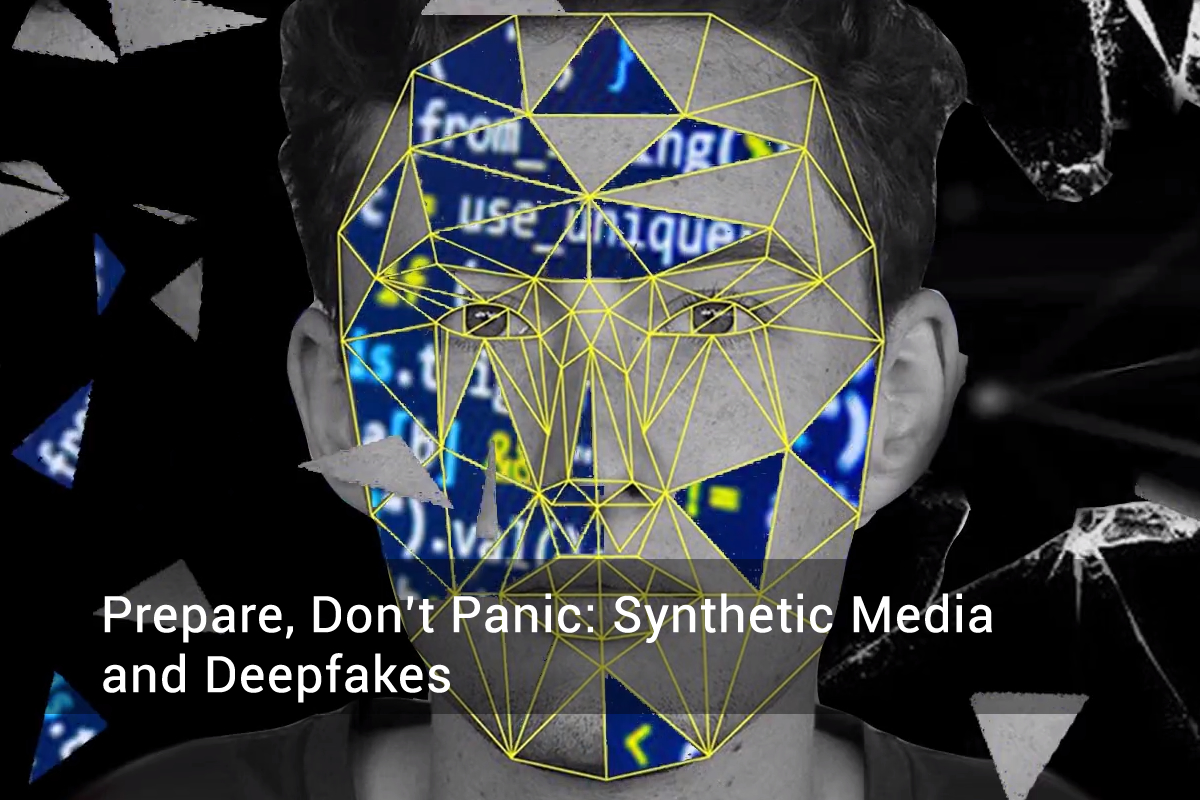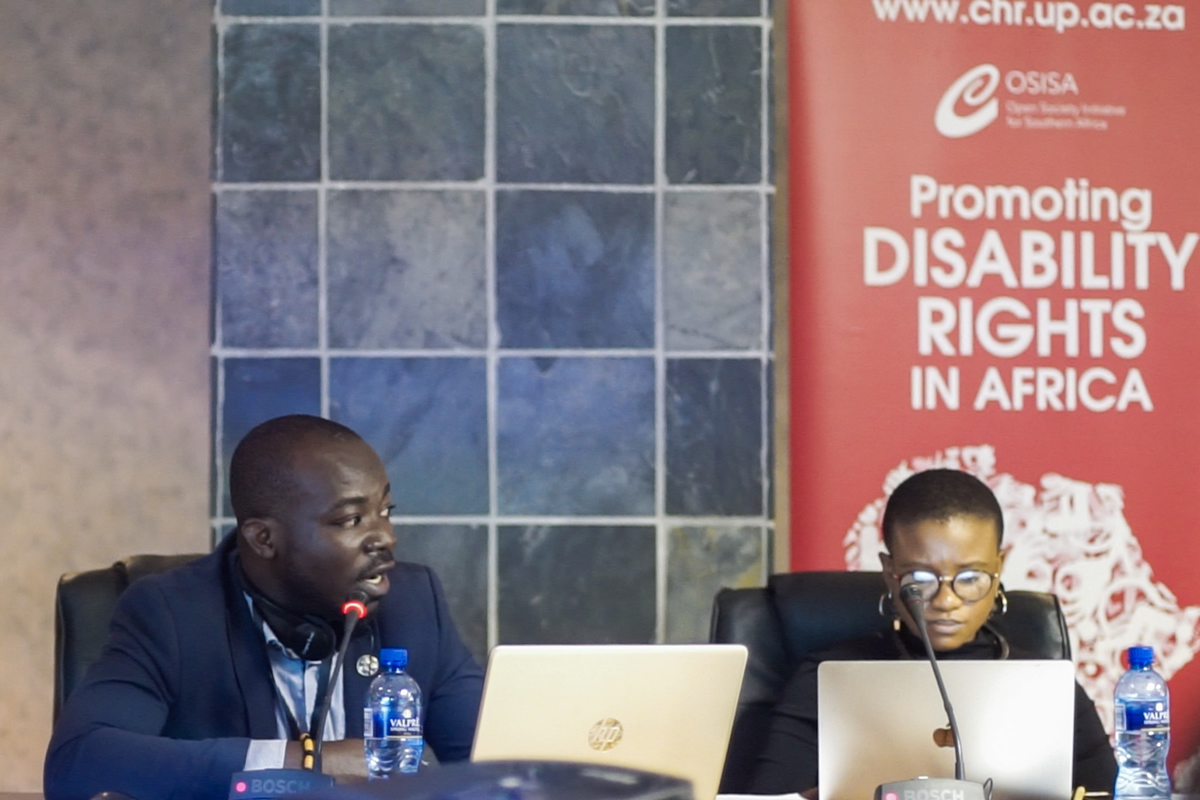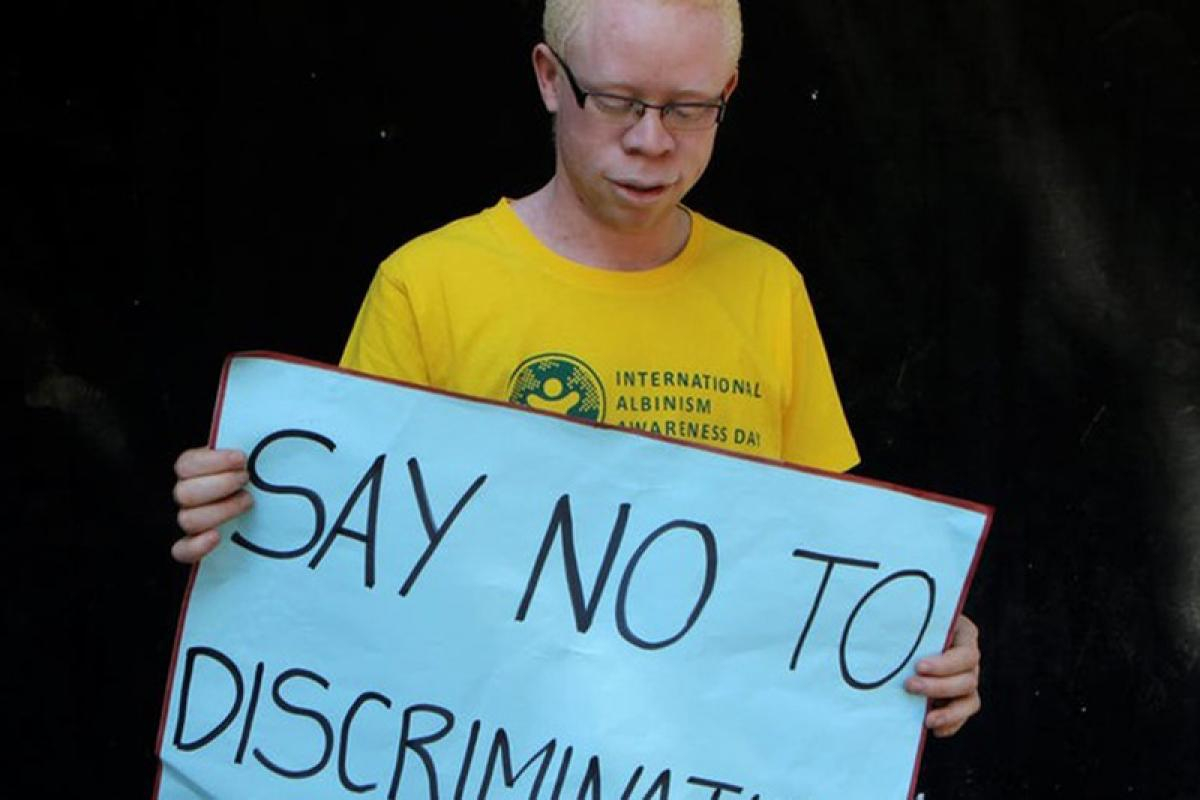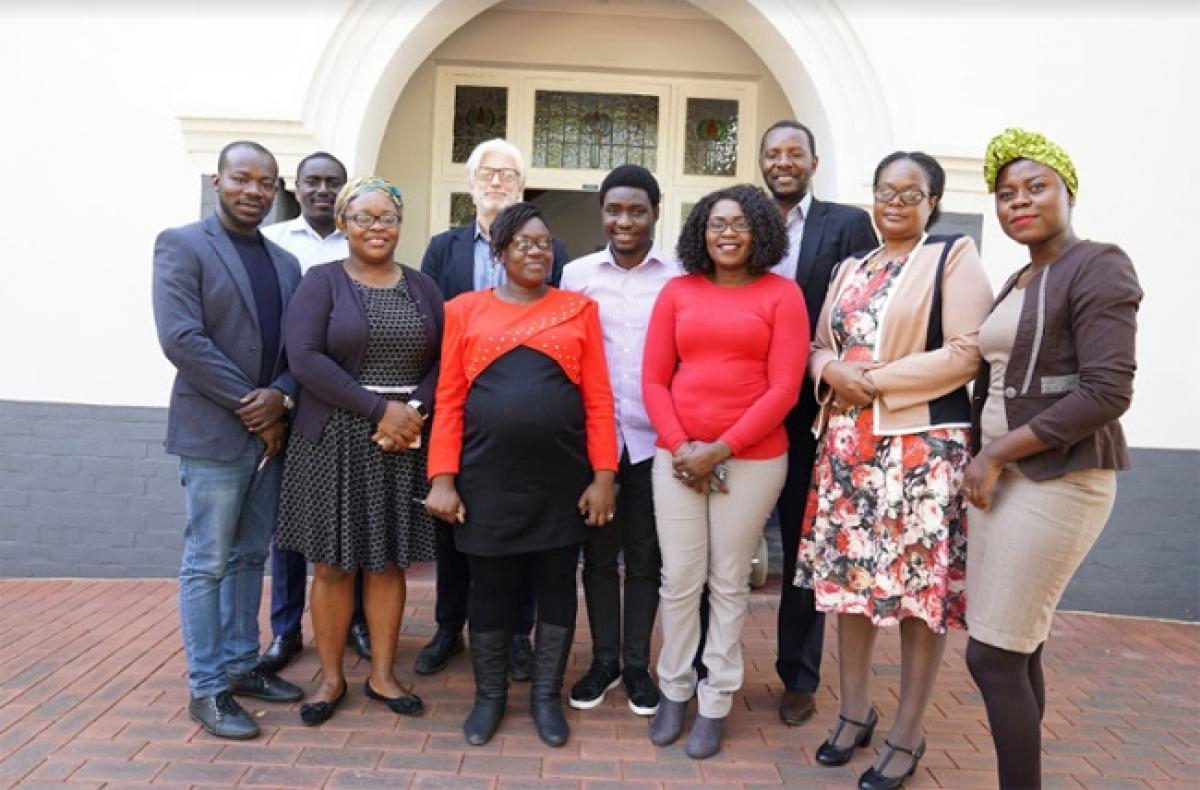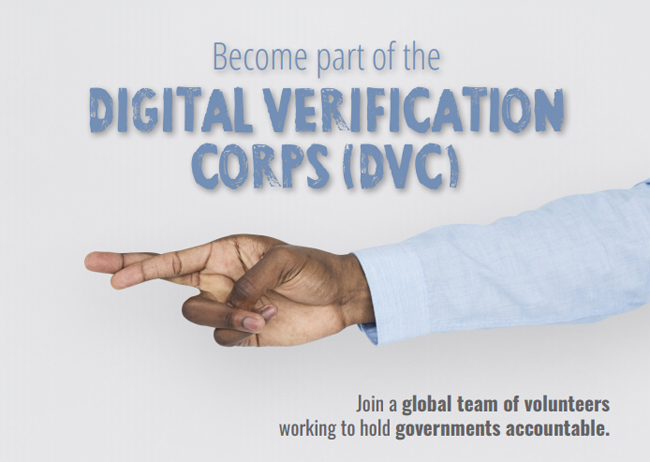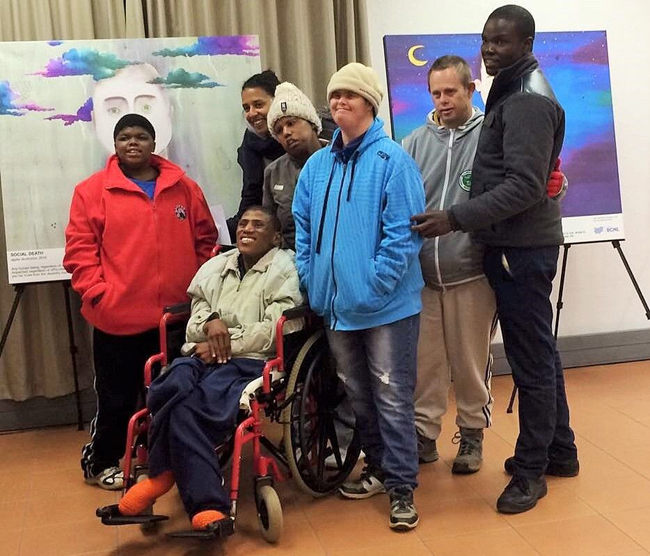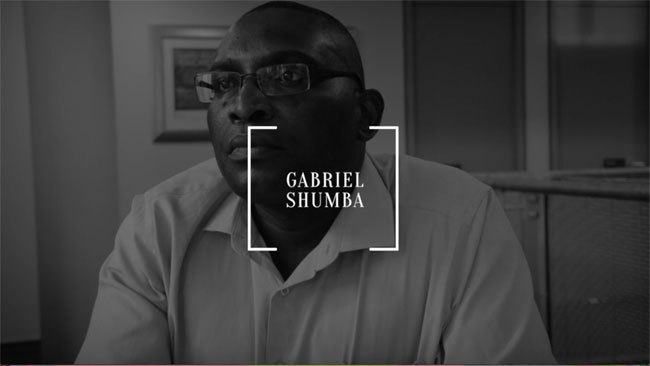- Details
On Saturday 30 November 2024, the Centre for Human Rights, Faculty of Law, University for Pretoria (the Centre), sensitised Members of Parliament (MPs) of the Pan-African Parliament (PAP) on ratification of African Union (AU) human rights treaties. This session was one of the sessions during PAP’s Regional Workshop on the Ratification and Implementation of AU legal instruments on shared values held from 29 to 30 November 2024, the seat of PAP in Midrand, Johannesburg, South Africa. The workshop is part of PAP’s efforts to facilitate the effective implementation of AU’s policies and objectives.
- Details
For two days (Thursday 28 and Friday 29 November 2024) the Centre for Human Rights, Faculty of Law, University of Pretoria, held a capacity-building workshop for African civil society actors (CSOs) on engaging with the African human rights system. The capacity-building workshop, which was hosted at 224 in Pretoria, benefited 20 participants from CSOs operating across the four regions of the African continent in these countries: Algeria, Botswana, Ethiopia, Ghana, Kenya, Malawi, Namibia, Nigeria, Senegal, South Africa, Uganda and Zimbabwe. The work of participating organisations covers diverse human rights issues including women’s rights, children’s rights, persons deprived of their liberty, sexual minorities, socio-economic rights and refugees.
- Details
The Centre for Human Rights welcomes the landmark judgment handed down by the Pretoria High Court on Monday, 30 September 2024 in the case of The Embrace Project NPC and Others v Minister of Justice and Correctional Services Case no.:04856/22, Pretoria High Court]. In terms of the judgment, Baqwa J ordered that Sections 3, 4, 5, 6, 7, 8, 9 read with section 1(2) of the Criminal Law (Sexual Offences and Related Matters) Act 32 of 2007 are declared unconstitutional, invalid and inconsistent with the Constitution to the extent that these provisions do not criminalise sexual violence where the perpetrator wrongly and unreasonably believed that the complainant was consenting to the conduct in question, alternatively to the extent that the provisions permit a defence against a charge of sexual violence where there is no reasonable objective belief in consent. This significant judgment marks a pivotal moment in South Africa’s legal approach to prosecuting sexual violence cases.
- Details
In response to the emerging practice of pharmacists refusing to dispense abortifacients due to conscientious objection, the Centre for Human Rights, and 11 other public interest organisations, have addressed an open letter to the South African Pharmacy Council (SAPC) and the National Department of Health (NDOH). The open letter contains a legal opinion highlighting the significant, and adverse, impact of conscientious objection on access to safe and legal abortions.
- Details
On Tuesday 10 September 2024, the African Court on Human and Peoples’ Rights (the African Court) will hold a public hearing in Centre for Human Rights and Others v United Republic of Tanzania (Application No. 019 of 2018). This case was filed on 26 July 2018 by three NGOs, namely: the Centre for Human Rights at the University of Pretoria, the Institute for Human Rights and Development in Africa and the Legal and Human Rights Council.
- Details
The Centre for Human Rights, Faculty of Law, University of Pretoria will host a two-day (17 Thursday 17 to 18 Friday October 2024) capacity-building workshop for African civil society organisations (CSOs) on engagement with the African human rights system. The workshop targets African CSOs that have so far had limited or no interaction with the three core African human rights bodies, namely: the African Commission on Human and People’s Rights, the African Court on Human and People’s Rights and the African Committee of Experts on the Rights and Welfare of the Child.
- Details
In 2024, three of the eleven positions of Judges of the African Court on Human and Peoples’ Rights (African Court) need to be filled. The African Court, which has been established under the Protocol to the African Charter on Human and Peoples’ Rights on the Establishment of an African Court on Human and Peoples’ Rights (African Court Protocol), is the African Union (AU)’s primary human rights judicial body. It has jurisdiction over 34 of 54 state parties to the African Charter.
- Details
In 2024, there are three positions of Judges of the African Court on Human and Peoples’ Rights (Court that need to be filled. The African Union policy organs will be electing three Judges later in July. In anticipation of these elections, the Arusha Initiative is collaborating with three academic institutions (the University of Pretoria (Centre for Human Rights), Makerere University (Human Rights and Peace Center (HURIPEC)), and Kabarak University (School of Law), to co-host a webinar on this topic. The Arusha Initiative is a Civil Society Organisations (CSO) led rights-holders movement advocating for a more transparent, participatory and merits-based process in the nomination and selection of African Union (AU) human rights bodies.
- Details
From21 to 22 June 2024, the Centre for Human Rights at the Faculty of Law, University of Pretoria (Centre for Human Rights) in collaboration with the African Court on Human and Peoples’ Rights (African Court) and the Coalition for an Effective African Court on Human and Peoples’ Rights (the Coalition) to organise a two-day conference focusing on the implementation of the African Court's decisions. The conference was held at the Mount Meru Hotel in Arusha, Tanzania, coinciding with the 73rd Ordinary session of the African Court.
- Details
Collaborating with the Regional Office for Southern Africa (ROSA) of the Office of the High Commissioner for Human Rights (OHCHR), the Centre for Human Rights, Faculty of Law, University of Pretoria (Centre) on 23 May 2024 hosted a virtual launch of the recently published open-access book The Impact of the United Nations Human Rights Treaties on the Domestic Level: Twenty Years On. This book, edited by Frans Viljoen and Rachel Murray, together with the late Christof Heyns, contains studies on the implementation of the UN human rights treaty system in 20 countries across the world. The book was dedicated to the memory and legacy of Professor Christof Heyns.
- Details
On 15 May 2024, the Centre for Human Rights, Faculty of Law University of Pretoria, in collaboration with the Norwegian Centre for Human Rights, University of Oslo, co-organised a webinar for academics, NGOs and civil society organisations on the implementation of the UN treaty system within domestic legal systems across the world.
- Details
The recently published open-access book The Impact of the United Nations Human Rights Treaties on the Domestic Level: Twenty Years On – Second Revised Edition | Brill, edited by Frans Viljoen, and Rachel Murray, with the late Christof Heyns, contains studies on the implementation of the UN human rights treaty system in countries across the world. Four African countries — Egypt, Senegal, South Africa and Zambia — are covered in this publication. During this webinar, the authors of the chapters on these four countries will present a summary of their findings. They will highlight examples of the meaningful impact of UN human rights treaties, and discuss the challenges and opportunities experienced by these countries. The webinar is co-hosted by the Centre for Human Rights, University of Pretoria and the Office of the High Commissioner for Human Rights (Regional Office for Southern Africa).
- Details
To the Secretariat of the African Commission on Human and Peoples’ Rights,
We, the undersigned organisations, are reaching out to alert you to a critical issue regarding human rights protection in Africa, particularly concerning the interpretationand application of Article 59(1) of the African Charter on Human and Peoples' Rights.This concern has led to the development of a concept note outlining the imperativeneed for a progressive interpretation of Article 59(1) and the launch of the Article59(1) Campaign.
- Details
The Centre for Human Rights, University of Pretoria and the Norwegian Centrefor Human Rights, University of Oslo, cordially invite you to an online seminaron the implementation of the United Nations treaty system within domesticlegal systems of the world. This webinar is part of the UTFORSK project, entitled “Fostering research-based education through academic mobility and measuring the domestic impact of core human rights treaties”. The project connects teaching and research through collaborative exploration of a key human rights topic, namely the domestic impact of core UN human rights treaties and mechanisms.
- Details
The Centre for Human Rights (CHR) and the Psychological Society of South Africa (PsySSA) have been formally admitted as joint amici curiae (friends of the court) in the case of Embrace Project NPC and Another v Minister of Justice and Correctional Services and Others (Case no.: 48656/2022) (“Embrace Project case”).
- Details
Arusha, March 28, 2024 - The African Human Rights Mechanisms Nomination and Selection Initiative, also known as ‘the Arusha Initiative,’ announced a campaign to help identify qualified candidates ahead of the upcoming elections to the African Court on Human and Peoples’ Rights. The aim of the campaign is to assist the State Party-led nomination process by identifying experts who meet the criteria for serving at the African Court. Given the current geographical composition of the Court, nominations are open from the East Africa, West Africa, and Central Africa regions.
- Details
The Centre for Human Rights, Faculty of Law, University of Pretoria (Centre for Human Rights), in collaboration with the African Court on Human and Peoples’ Rights (African Court) and the Coalition for an Effective African Court, will host a 2-day conference on the implementation of the decisions of the African Court. The Conference will be held from 27 - 28 June 2024 alongside the 73rd Ordinary session of the African Court) in Arusha, Tanzania.
- Details
Civil society organisations and National Human Rights Institutions engaging with the African Union (AU) human rights mechanisms call for greater transparency in the nominations and selection of its members, and a more inclusive and participatory process. This call is especially applicable to the July 2024 elections to fill three vacancies at the African Court on Human and Peoples’ Rights.
- Details
On 16 and 17 November 2023, the Centre for Human Rights, in collaboration with the Open Society Foundation, Amnesty International and the University of California, Berkeley, organised a workshop on Strategic litigation and state obligations to secure platform accountability in respect of the effects of technology on children. The workshop aimed to devise a litigation strategy holding states accountable for protecting children from the adverse effects of technology and the internet, with a focus on creating a test case for this strategy.
- Details
On 25 October 2023, the Gauteng Division of the High Court of South Africa handed down a revolutionary judgement in the case of Van Wyk and Others v Minister of Employment and Labour [2023] ZAGPJHC 1213. The judgment, penned by Sutherland DJP, declared the provisions of the Basic Conditions of Employment Act, 75 of 1997 (“BECA”) relating to maternity, parental, adoption and commissioning parental leave, as well as the relevant provisions of the Unemployment Insurance Act, 63 of 2001 (“UIA”), unconstitutional and invalid.
- Details
On 24 October 2023, the Centre for Human Rights, Faculty of Law, University of Pretoria in collaboration with the Coalition for Effective African Court held a stakeholders’ dialogue on the ratification of the Protocol establishing the African Court on Human and Peoples’ Rights and increased direct access to the African Court on Human and Peoples’ Rights. The event was held as one of the Centre for Human Rights side events during the African Commission on Human and Peoples’ Rights 77 Ordinary session in Arusha, Tanzania.
- Details
From 12 – 13 October 2023, the Centre for Human Rights, Faculty of Law, University of Pretoria conducted the 2nd edition of its capacity building workshop for African civil society organisations on engagement with the African human rights system. The event took place at Murray Guest House Brooklyn, Pretoria.
The workshop brought together civil society organisations from various African countries. Its primary aim was to acquaint participants with the foundational frameworks of the African human rights system and the institutions overseeing these norms. Additionally, attendees gained insights into the practical aspects of interfacing with African human rights bodies, for purposes of promoting and protecting human rights in Africa.
- Details
On 15 September 2023, the Centre for Human Rights, Faculty of Law, University of Pretoria, held its 5th edition of the African human rights bodies case discussion series at Southern Sun Hotel, Pretoria. The African human rights bodies case discussion series is part of the Centre for Human Rights efforts to improve the implementation and impact of the jurisprudence of African human rights bodies by providing a platform for stakeholders to discuss and engage with critical aspects of decisions of African human rights bodies. The 5th edition focused on the decisions of the African Commission on Human and Peoples’ Rights (African Commission) in the cases of Justice Thomas S. Masuku v The Kingdom of Swaziland and Equality Now and Ethiopian Women Lawyers Association (EWLA) v the Federal Republic of Ethiopia.
- Details
On 3 - 4 August 2023, the Centre for Human Rights (the Centre), University of Pretoria, hosted a training on litigation of SRHR claims before national and regional mechanisms in Africa, at the Southern Sun Hotel in Pretoria, South Africa. The training was attended by over 40 practitioners of sexual and reproductive health and rights (SRHR). The participants were drawn from several African countries, including South Africa, Mauritius, Botswana, Nigeria, Kenya, Zambia, DRC, Zimbabwe, Malawi and Uganda.
- Details
The Centre for Human Rights, Faculty of Law, University of Pretoria invites applications from litigators and other stakeholders passionate about sexual and reproductive health and rights (SRHR), for a capacity building training on litigation of SRHR claims before national and regional mechanisms in Africa. The training is scheduled to take place from 3-4 August 2023 in Pretoria, South Africa.
- Details
The Centre for Human Rights, Faculty of Law, University of Pretoria (Centre), cordially invite you to a panel discussion on the decision of the African Committee of Experts on the Rights of the Child (African Children’s Committee), communication No: 0012/Com/001/2019, Legal and Human Rights Centre and Centre for Reproductive Rights (on behalf of Tanzanian girls) v United Republic of Tanzania (Reproductive Rights case).
- Details
The Centre for Human Rights, Faculty of Law, University of Pretoria, is organising a capacity-building workshop on engagement with the African human rights system for African civil society organisations (CSOs). The capacity-building workshop is a two-day training workshop scheduled for Friday 12-13 October 2023.
- Details
The Centre for Human Rights, Faculty of Law, University of Pretoria, in collaboration with the African Commission on Human and Peoples’ Rights (African Commission), will host a 3 day conference on the implementation and domestic impact of the decisions of the African Commission. The Conference will be held from 13-15 September 2023 at the Southern Sun Hotel, in Pretoria, South Africa. (‘Decisions’ refer to findings and recommendations in individual communications; recommendations in Concluding Observations on state reports; as well as thematic and country specific recommendations in various reports, resolutions and other soft law instruments adopted by the African Commission.)
- Details
On 8 May 2023, the Centre for Human Rights, Faculty of Law, University of Pretoria, submitted a complaint on behalf of two South African citizens, Mr Sello Tsolo and Mr Tjoko Kambule, to the United Nations Working Group on Arbitrary Detention (UNWGAD) against the United Arab Emirates (UAE).
- Details
On 24 April 2023, the Centre for Human Rights, Faculty of Law, University of Pretoria (UP), and the Human Rights Implementation Centre, University of Bristol, in the United Kingdom, held a roundtable dialogue on exploring interdisciplinary approaches to the implementation and impact of human rights decisions.
- Details
From 12 to 14 April 2023, the Centre for Human Rights, Faculty of Law, University of Pretoria (Centre) and the Robert F Kennedy Human Rights (RFK) hosted an Inter-Mechanism Dialogue between the African Commission on Human and Peoples’ Rights (African Commission) and the Inter-American Commission on Human Rights (Inter-American Commission) at the University of Pretoria.
- Details
The Centre for Human Rights, Faculty of Law, University of Pretoria, invites you to webinar series on decisions of African human rights bodies with the goal of increasing awareness and understanding among relevant stakeholders about the jurisprudence of African human rights bodies. The webinar series serves as a platform for analysing the normative aspects of recent human rights decisions made by AHRBs, diagnosing and identifying the challenges to the implementation of these decisions, and devising strategies for their effective implementation.
- Details
The Centre for Human Rights, University of Pretoria, and the NorwegianCentre for Human Rights, University of Oslo, cordially invite you to a thematic and country-level discussion of the influence of the United Nations treaty system on the promotion and protection of human rights at the national level.
- Details
The Centre for Human Rights, Faculty of Law, University of Pretoria, condemns the disbarring of lawyer Muzi Simelane by Eswatini Chief Justice Bheki Maphalala. The Chief Justice disbarred Mr Simelane by way of notice in April 2018 on the basis of alleged contempt. Since he was banned from appearing in any court in Eswatini, Mr Simelane has not practised law for the past four years. The Chief Justice issued the notice from his chambers without any court hearing, application by the Law Society of Swaziland or determination by a tribunal that the lawyer had committed an act of misconduct. Chief Justice Maphalala purported to act in accordance with sections 139(5) and 142 of the Constitution of Eswatini when he issued the notice mero motu. On 10 June 2022, Mr Simelane challenged his disbarment by the Chief Justice in the Supreme Court of Eswatini after several failed attempts to secure judicial redress.
- Details
The Centre for Human Rights, University of Pretoria invites you to a webinar discussion on Climate Justice Litigation in Africa. The webinar discussion is part of the efforts of the Centre in improving climate justice in Africa. The discussion aims to raise awareness around the legal framework on climate justice and its application in Africa, and how litigation may be utilised as part of broader advocacy campaigns for climate justice. The discussion will feature experts and activists to discuss the existing climate change legal framework and the role of litigation in getting governments and other gas emitters to act.
- Details
The Centre for Human Rights, Faculty of Law, University of Pretoria (the Centre) at a meeting on 24 May 2022, signed a Memorandum of Understanding (MOU) with the Office for Public Defender and Citizens’ Rights Commission in Kogi State, Nigeria (PDCRC). The PDCRC is a hybrid institution that provides legal aid for indigent individuals in Kogi State and also serves as a Human Rights Commission that tries to advance human rights in Kogi State.
- Details
First of a series
As part of its efforts in increasing awareness and understanding among relevant stakeholders about the jurisprudence of African human rights bodies, the Centre for Human Rights, Faculty of Law, University of Pretoria, on 7 April 2022 launched a quarterly webinar series on decisions of African human rights bodies.
- Details
As South Africa get set for the 4th cycle of its review by the UPR in November 2022, the Social Policy Initiative (SPI) and the Centre for Human Rights (Centre) have requested the UPR Working group to encourage South Africa to adopt a new composite index in accordance with the recommendations of the United Nations Committee on Economic, Social and Cultural Rights.
- Details
The Centre for Human Rights, Faculty of Law, University of Pretoria, invites you to a webinar discussion on two casesThe Centre for Human Rights, Faculty of Law, University of Pretoria, invites you to a webinar discussion on two cases recently decided by the African Court on Human and Peoples’ Rights. This event is the first of a series of discussions of decisions by African human rights bodies.
- Details
The Centre for Human Rights, University of Pretoria cordially invite you to a discussion on the impact of United Nations human rights treaties and mechanisms at the domestic level, organized jointly by the Norwegian Centre for Human Rights (University of Oslo) and the Centre for Human Rights (University of Pretoria) as part of a project funded by Diku’s UTFORSK programme.
- Details
The Centre for Human Rights, University of Pretoria, is alarmed by the arrest and detention of three human rights defenders by Egyptian authorities last week, marking a troubling escalation in an ongoing campaign of harassment and intimidation that has thus far failed to silence various organisations dedicated to defending fundamental human rights in the country.
- Details
The Centre for Human Rights, University of Pretoria, is concerned about ongoing police brutality and human rights violations in Nigeria. These violations are in response to demonstrations by Nigerians expressing concerns about gross human rights violations by the Nigerian Police Force (NPF), particularly by the Special Anti-Robbery Squad (SARS), a tactical unit within the NPF designed to tackle incidents of armed robbery in Nigeria.
- Details
The South African Constitutional Court’s recent judgment requiring Parliament to amend the Electoral Act is remarkable for two reasons. In this judgment, the Court for the first time ever placed reliance on a judgment of the African Court on Human and Peoples' Rights. This hopefully marks the beginning of a continuous dialogue between the highest South African and African Union courts. Through this judgment, the Court has set a process in motion that would see the end of the closed party-list proportional representation to the national and provincial legislatures. This is a welcome development, and provides an opportunity not only to expand citizen participation in the electoral process, but also in the drafting of the new Electoral Act.
- Details
The Centre for Human Rights, University of Pretoria and the Centre for Applied Legal Studies, University of the Witwatersrand, call on the South African government to act swiftly to reduce the further spread of COVID-19 in South African correctional centres. This can be done by releasing a limited number of incarcerated persons so as to reduce their risk of contracting the virus, and allowing for more effective social distancing within correctional centres.
- Details
A global research partnership, which uses technology to deliver ground-breaking human rights investigations, has been recognised with a nomination at the prestigious Times Higher Education Awards. Amnesty’s Digital Verification Corps, in partnership with the University of Essex and five other global universities, which includes the University of Pretoria through its Centre for Human Rights, has been awarded the 2019 Times Higher Education award for international collaboration, for the joint work that went into our comprehensive investigation into civilian casualties in Raqqa earlier this year.
- Details
On 26 November 2019, WITNESS and the Centre for Human Rights, University of Pretoria, hosted an expert meeting in Pretoria, South Africa. The workshop was on the emerging threats posed by deepfakes and other forms of AI-enabled synthetic media.
- Details
On 4 March 2019, the Disability Rights Unit of the Centre for Human Rights (Centre), University of Pretoria, in collaboration with the with the office of the UN Independent expert on the enjoyment of human rights by persons with albinism, hosted a workshop at the Pan-African Parliament (PAP) on the rights of persons with albinism in Africa.
- Details
The Centre for Human Rights - University of Pretoria (CHR), the Institute for Human Rights and Development in Africa (IHRDA), and the Legal and Human Rights Centre (LHRC) have sued the United Republic of Tanzania before the African Court on Human and Peoples’ Rights for its failure to ensure adequate protection of persons with albinism (PWAs).
The applicants filed the lawsuit on 25th July 2018, alleging that the State of Tanzania has failed to take sufficient measures to ward against the widespread persecution and discrimination perpetrated by the public against PWA.
- Details
One of the mandates of the Implementation Clinic at the Centre for Human Rights, University of Pretoria, is to engage with the national actors in African States towards the implementation of African human rights decisions. Having identified Zimbabwe as one of the focus countries for the year, the Centre in collaboration with some local partners in Zimbabwe are organising a national dialogue and capacity building workshop to enable the environment crucial to the implementation of human rights decisions. On 24 May 2018, the Centre hosted a planning meeting with representatives from the Zimbabwe Lawyers for Human Rights (ZLHR), Zimbabwe Human Rights NGO Forum (ZHRF) and the Zimbabwe Human Rights Commission (ZHRC).
- Details
Join a global team of volunteers working to hold governments accountable. Learn skills that will enable you to authenticate social media posts, separating truth from lies.
- Details
The SA Federation for Mental Health (SAFMH) hosted the I Decide=I Am travelling art exhibition from the 17th to the 27th of July 2017 at its Randburg offices in Gauteng. The globally acclaimed exhibition by Bulgarian illustrator Nadezhda Georgieva and human rights activist Yana Buhrer tells the personal stories and reflections of sixteen people denied of their legal capacity because of their psychosocial or intellectual disability. The exhibition also includes three pieces by South African artist Daniel Mosako, based on his interpretation of the Life Esidimeni tragedy in which almost 100 persons with mental disabilities lost their lives.
- Details
Gabriel Shumba is an alumnus of the Centre for Human Rights, who was tortured by agents of the Zimbabwean government for supporting the opposition in that country. In 2013, the African Commission on Human and Peoples’ Rights (African Commission) found the government of Zimbabwe in violation of the African Charter and directed the government to carry out an investigation of the individuals responsible for the torture and recommended that they pay adequate compensation to Gabriel Shumba.

